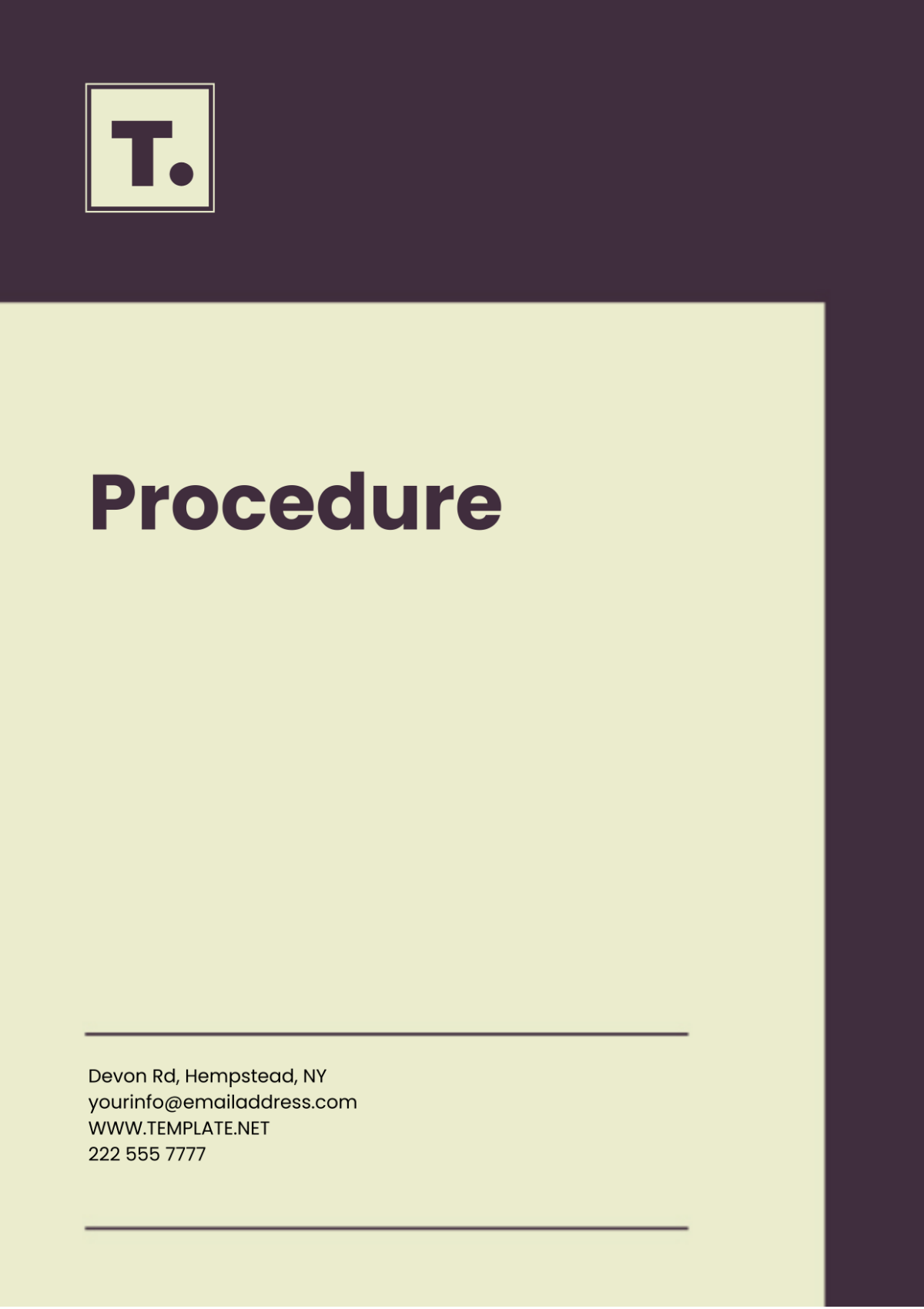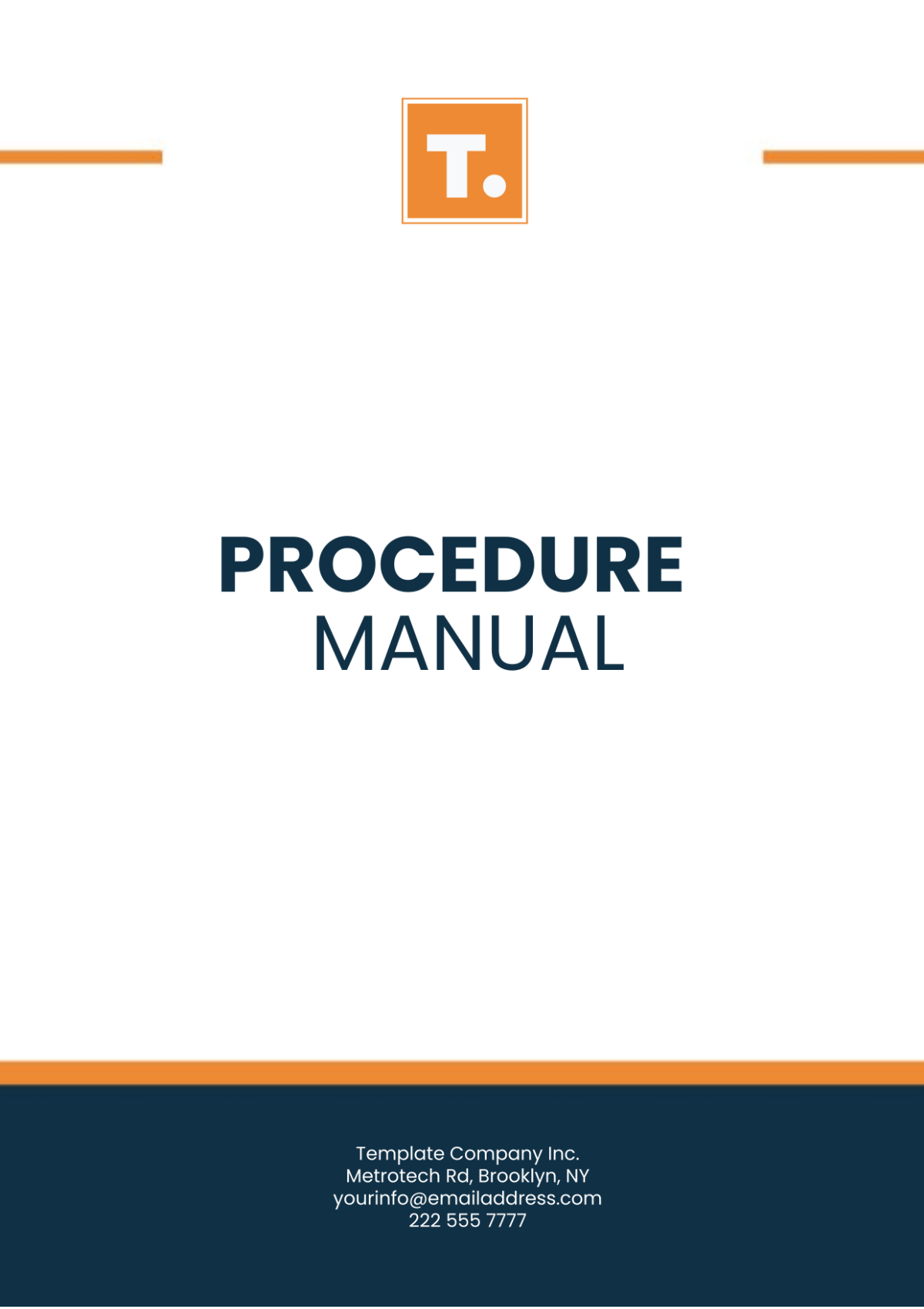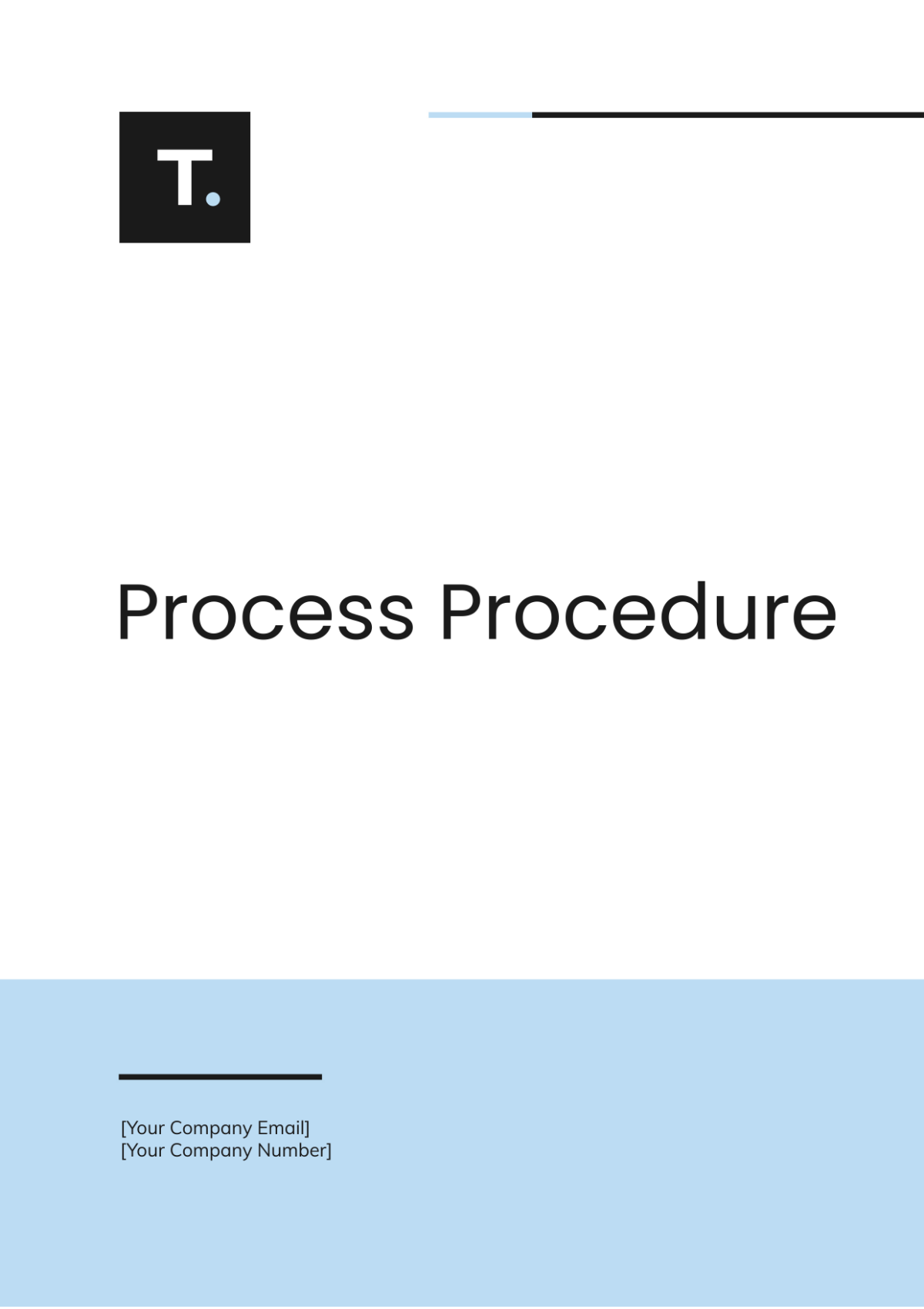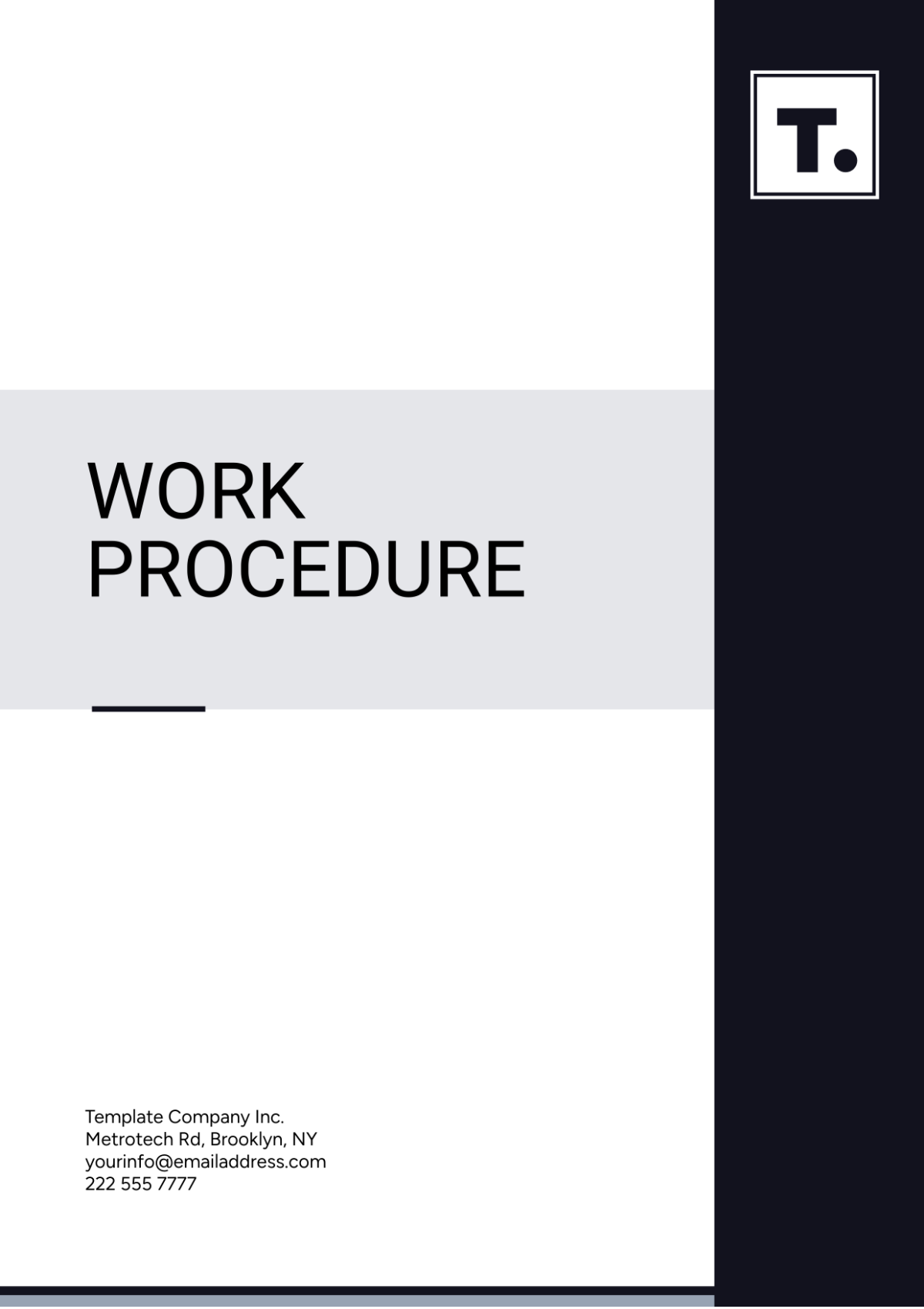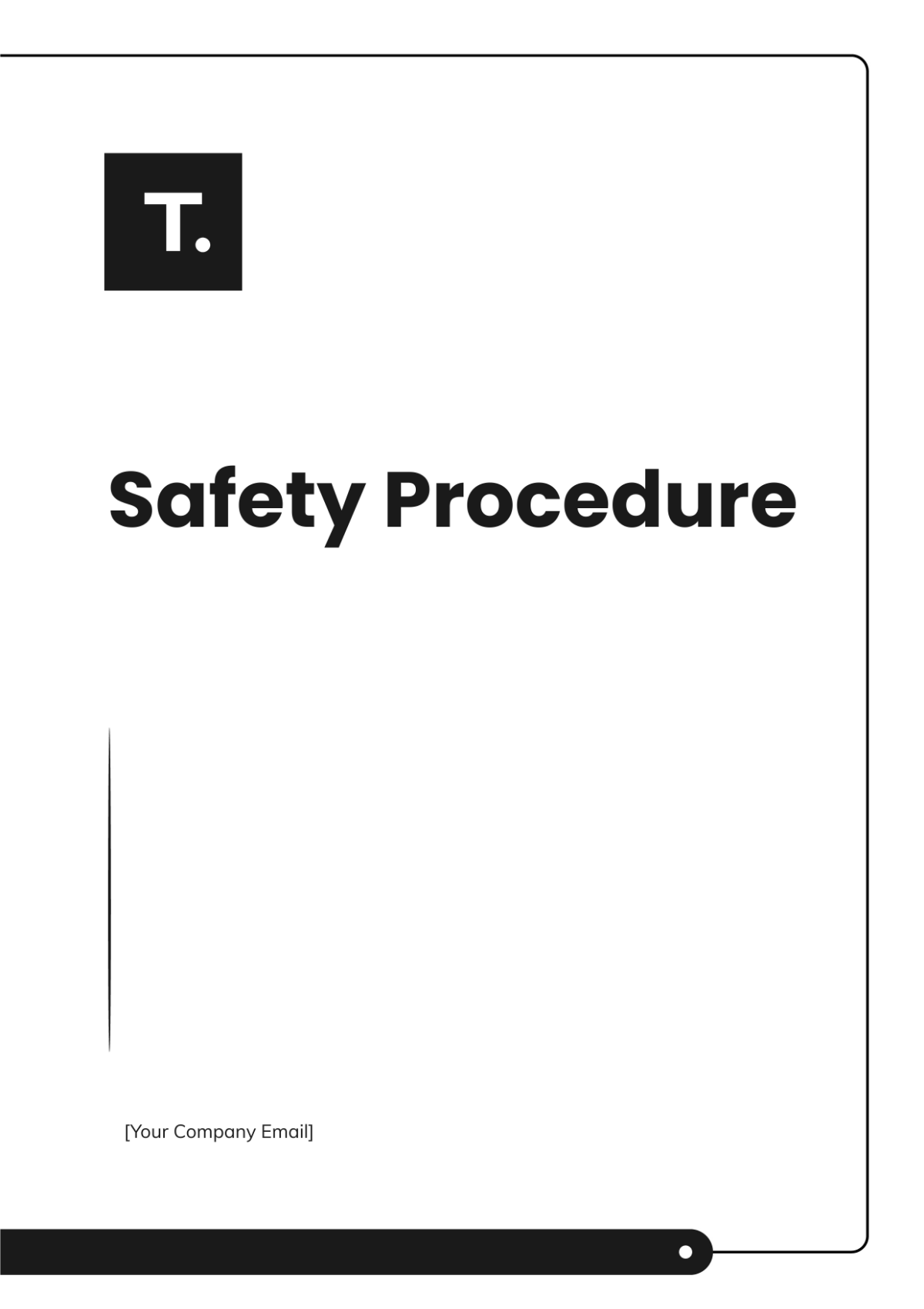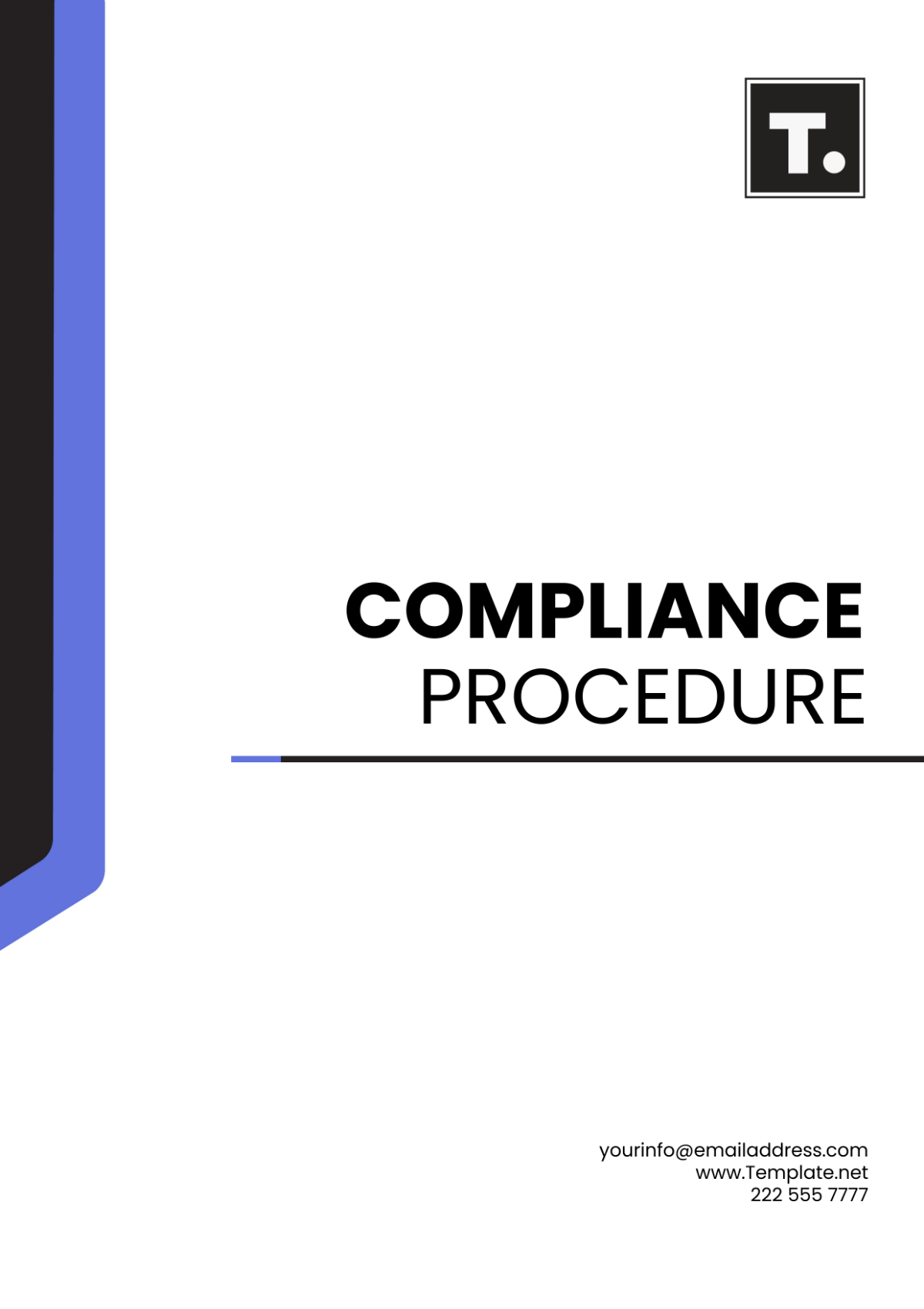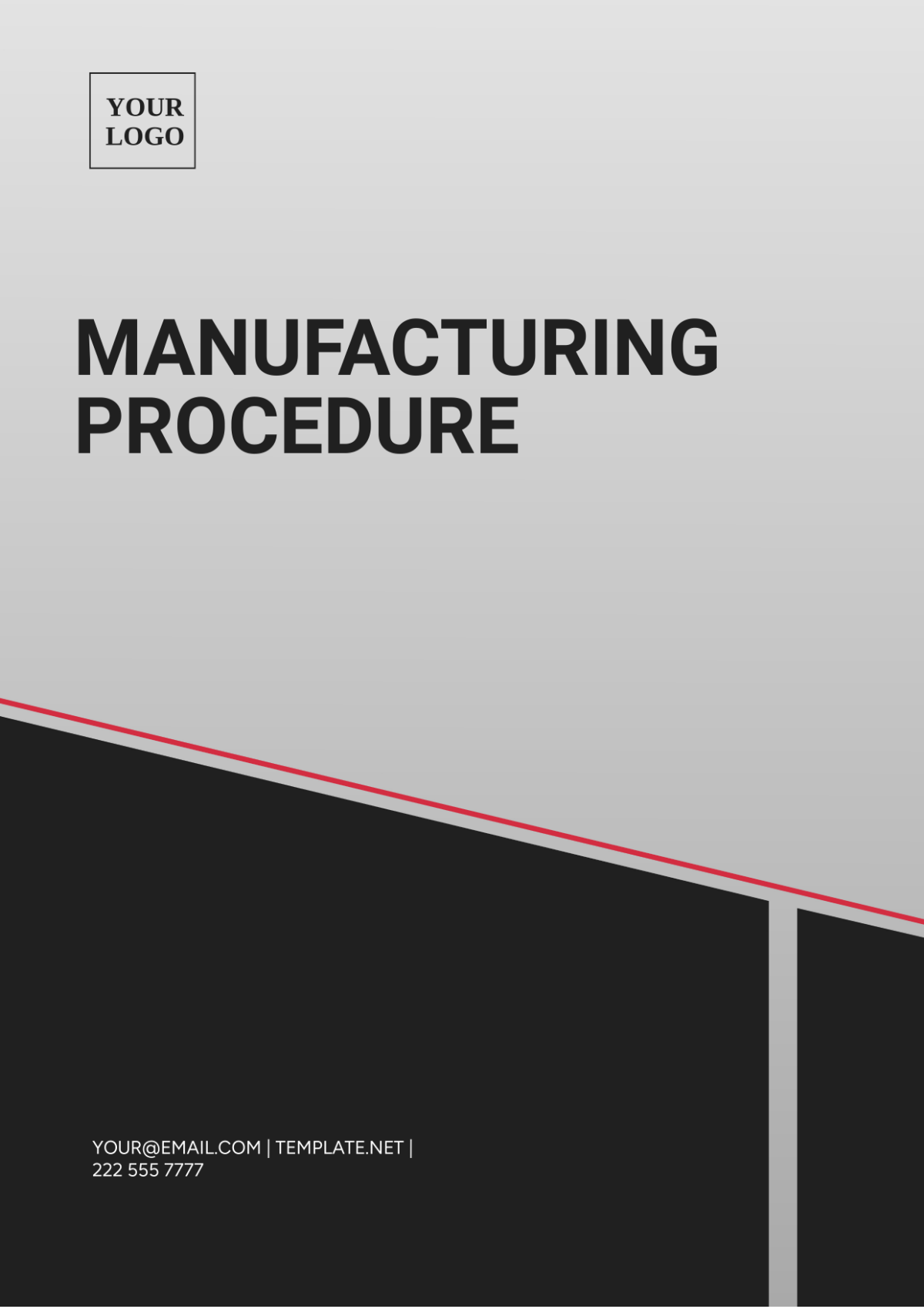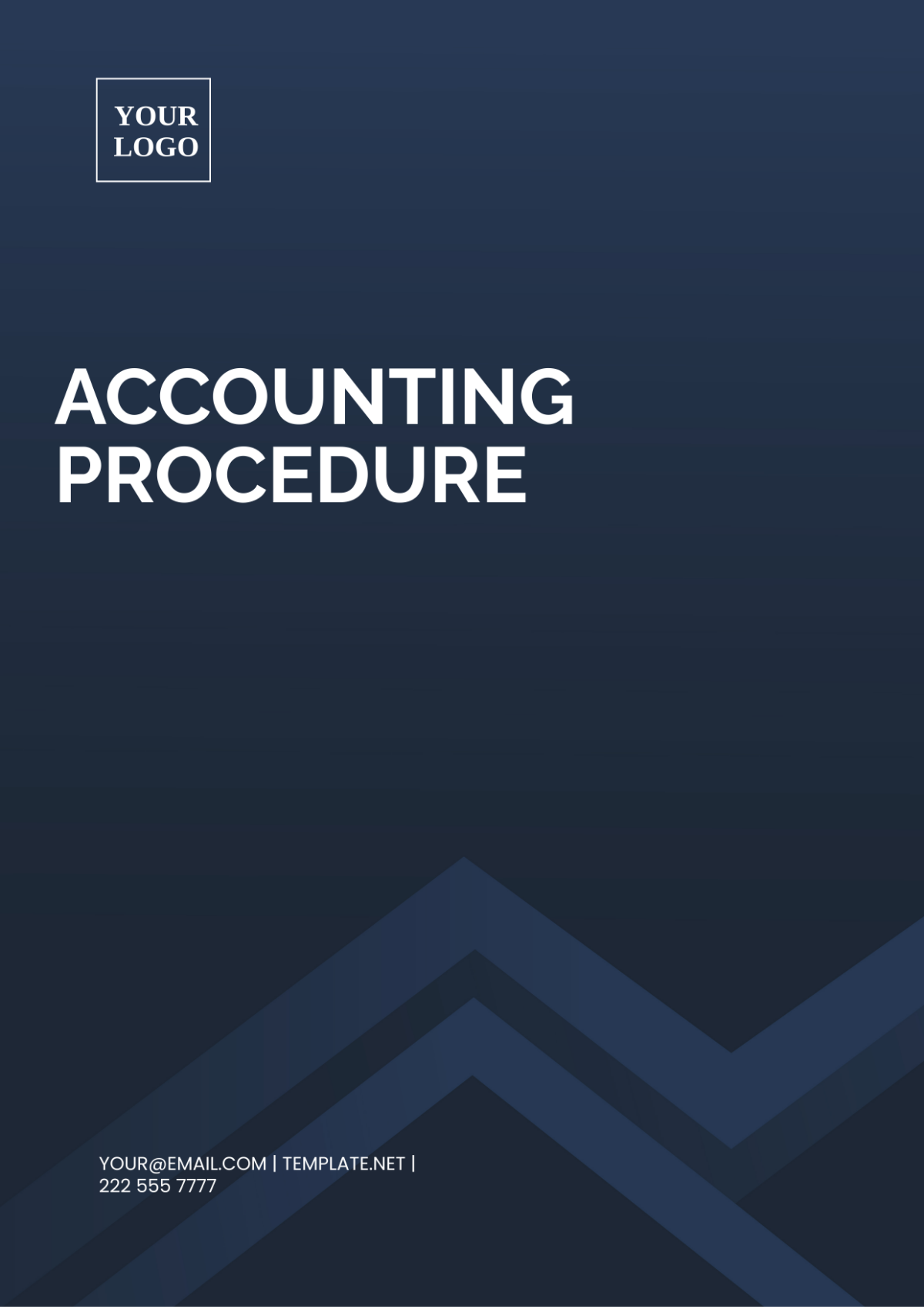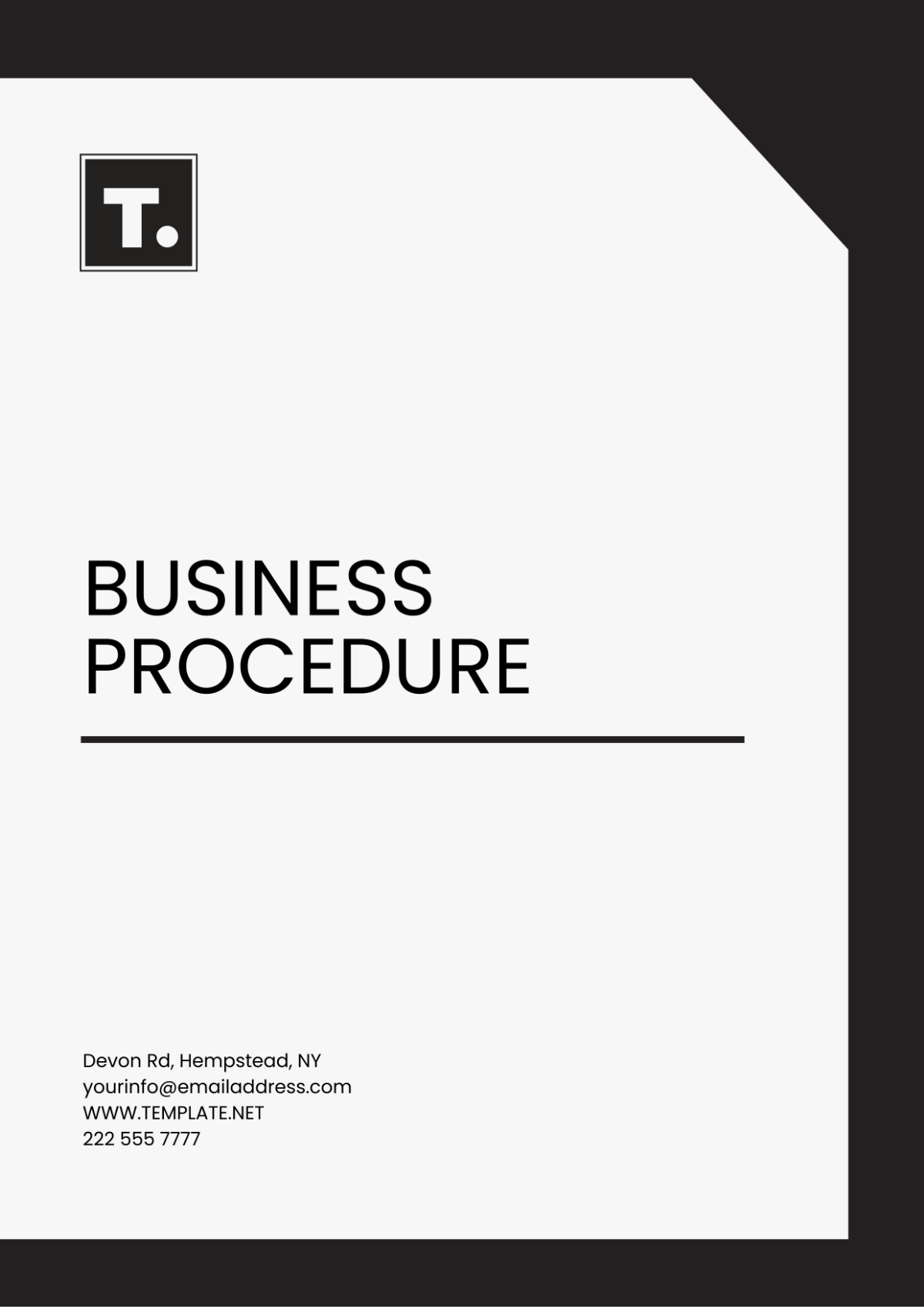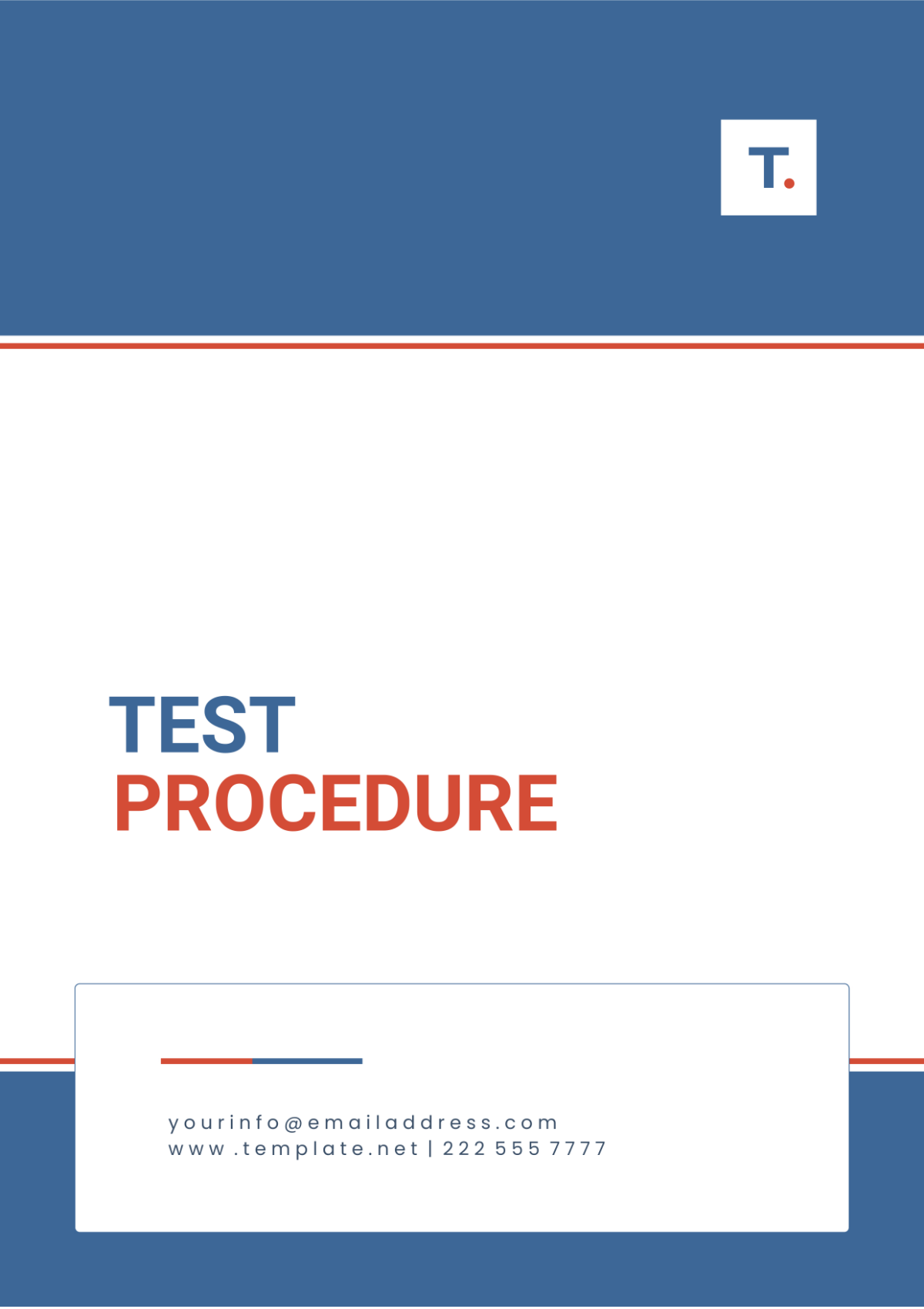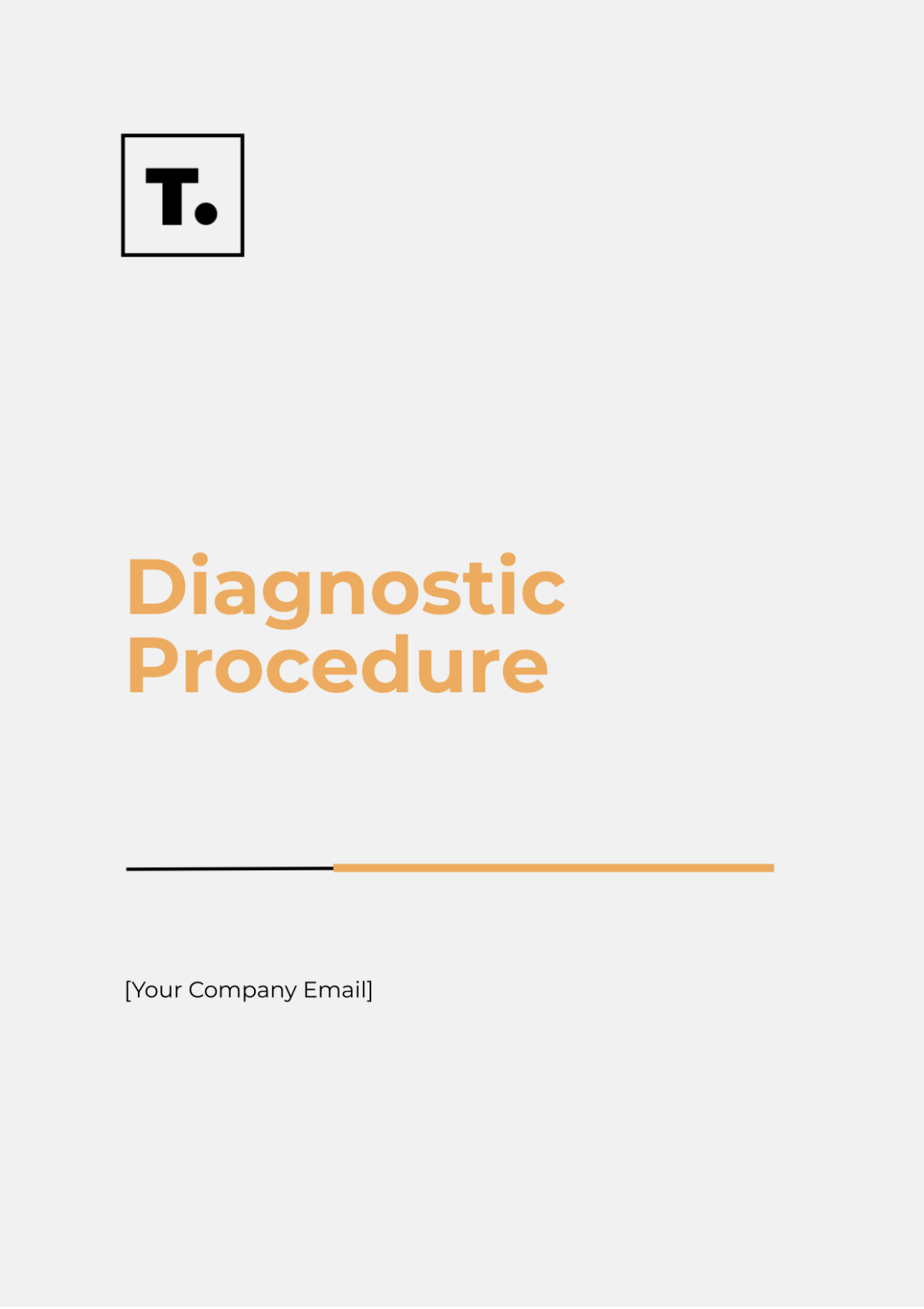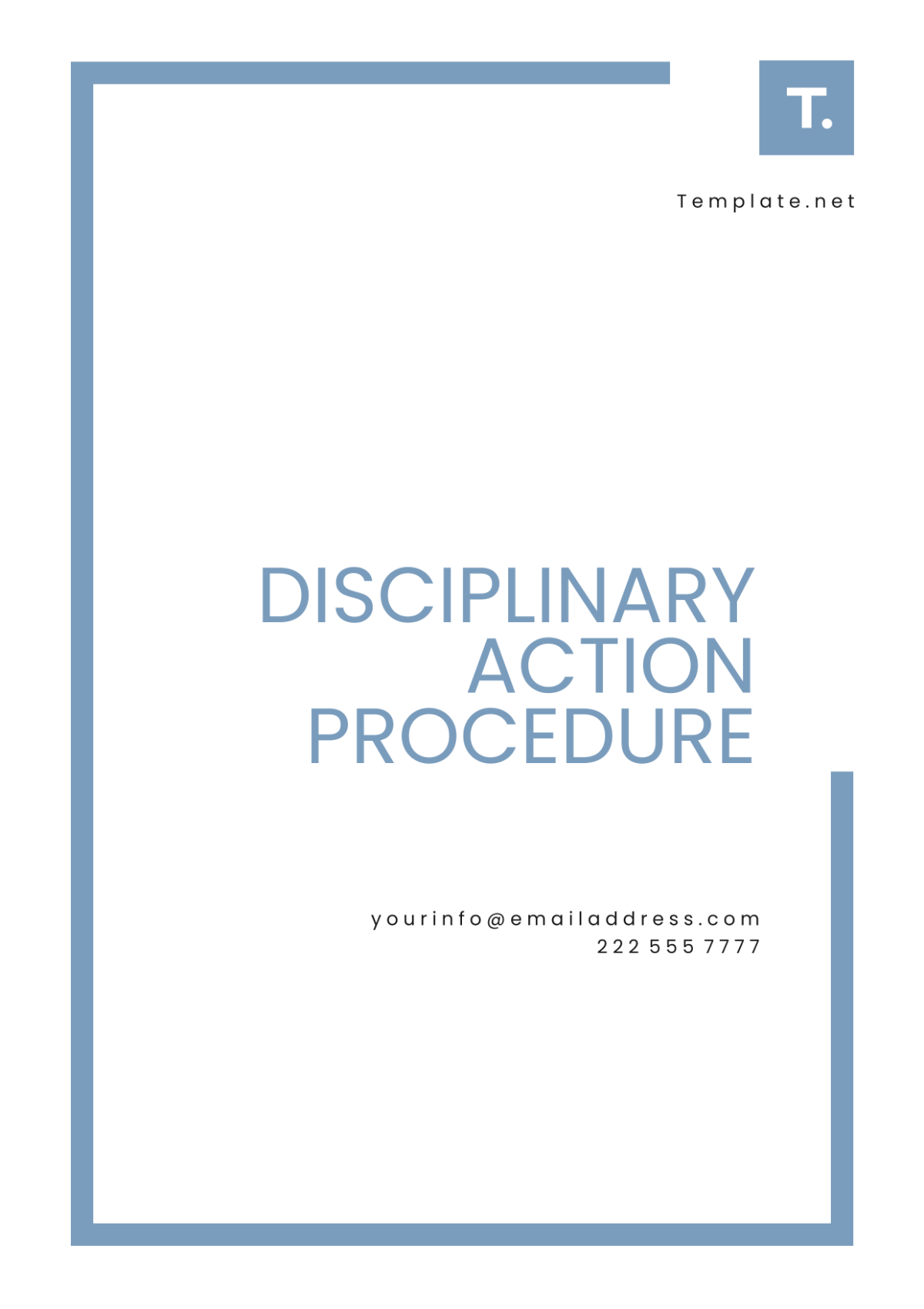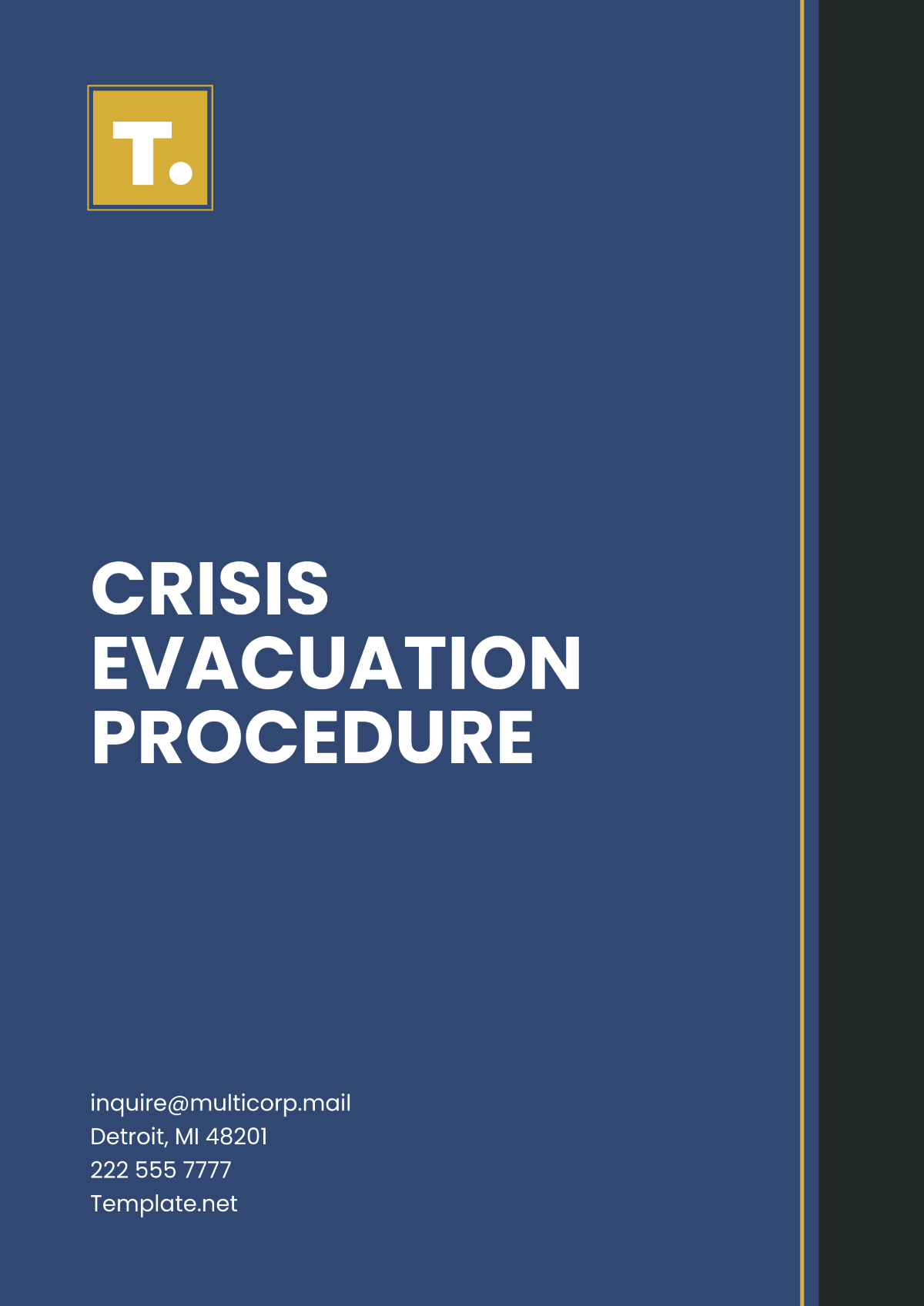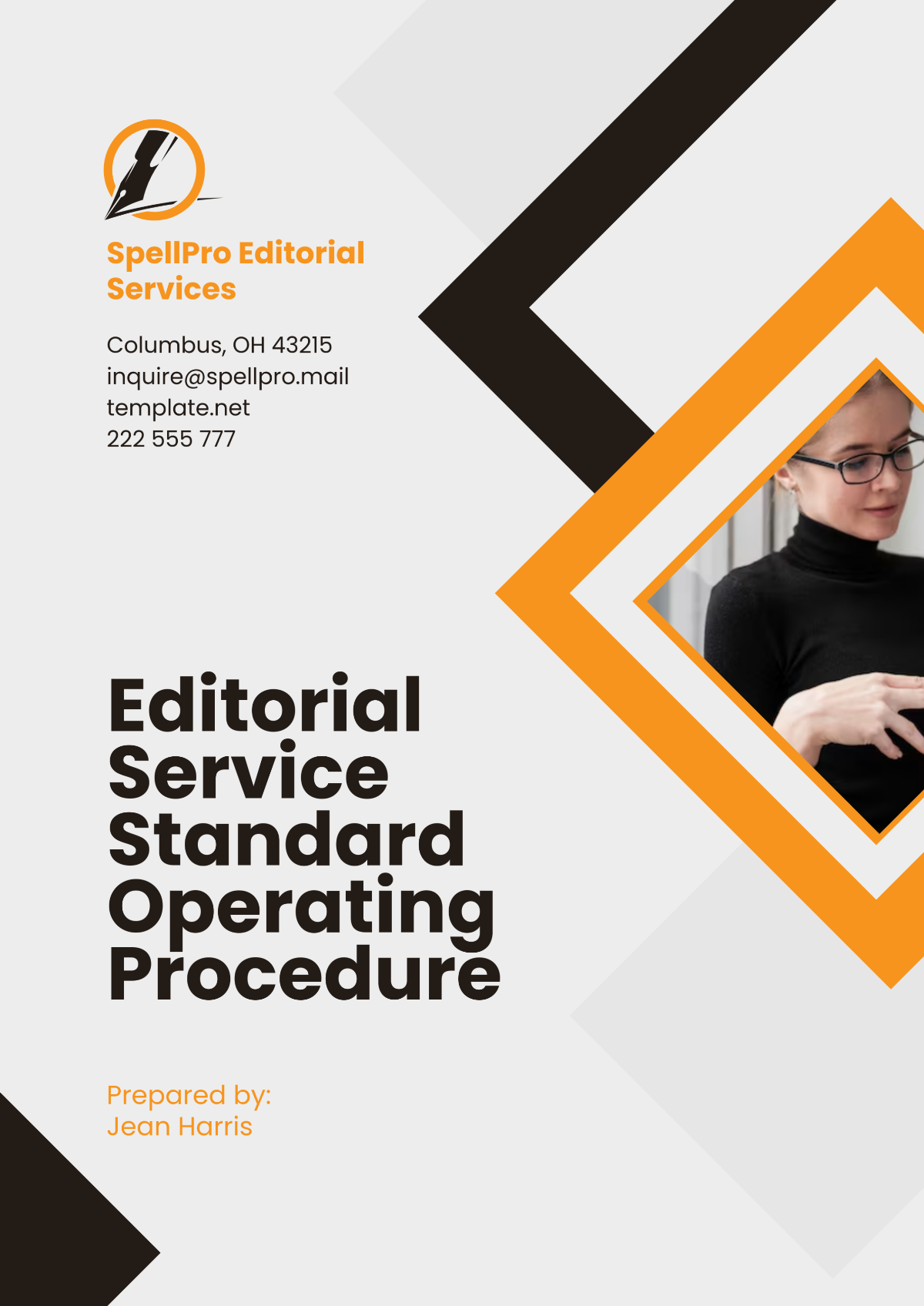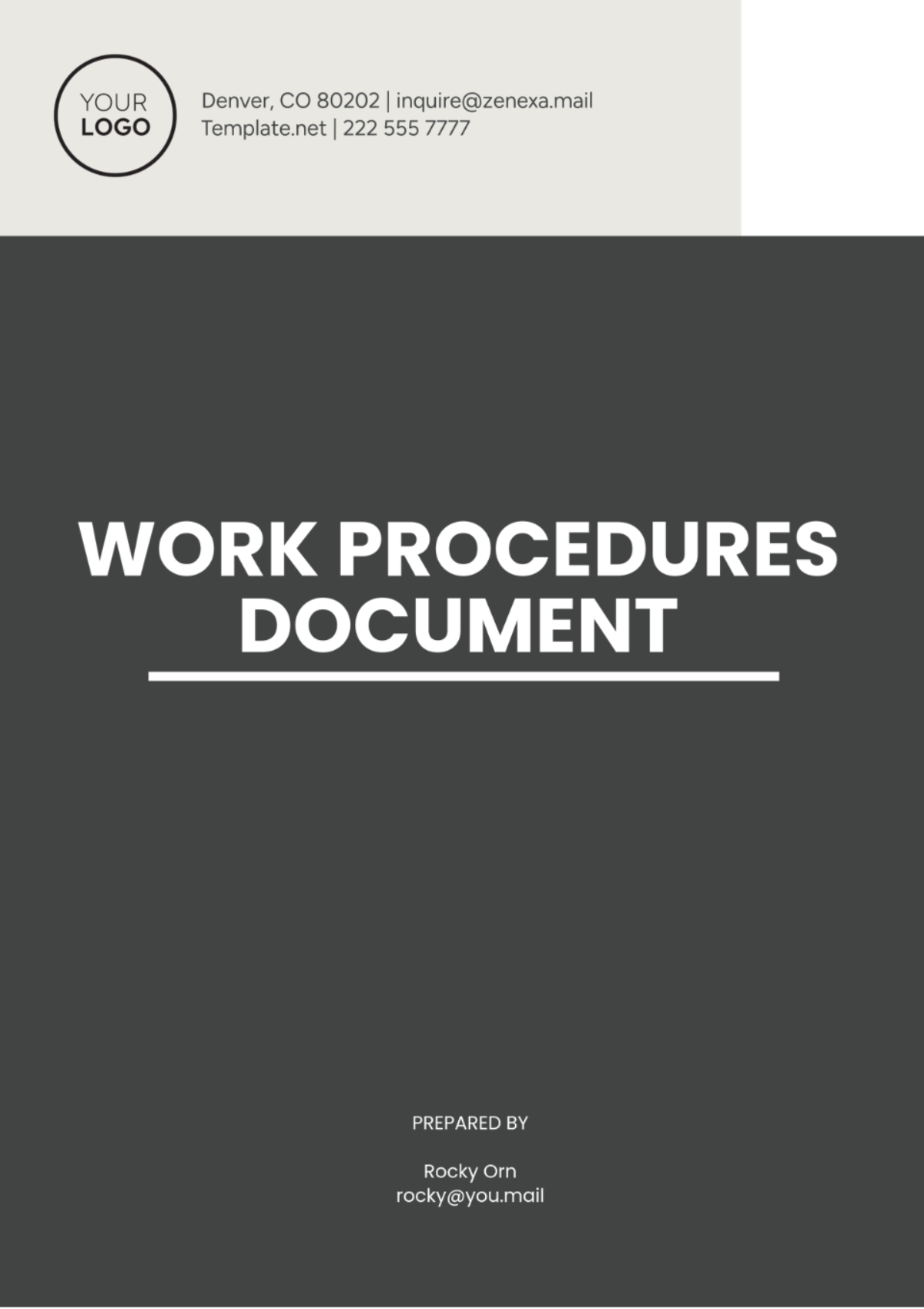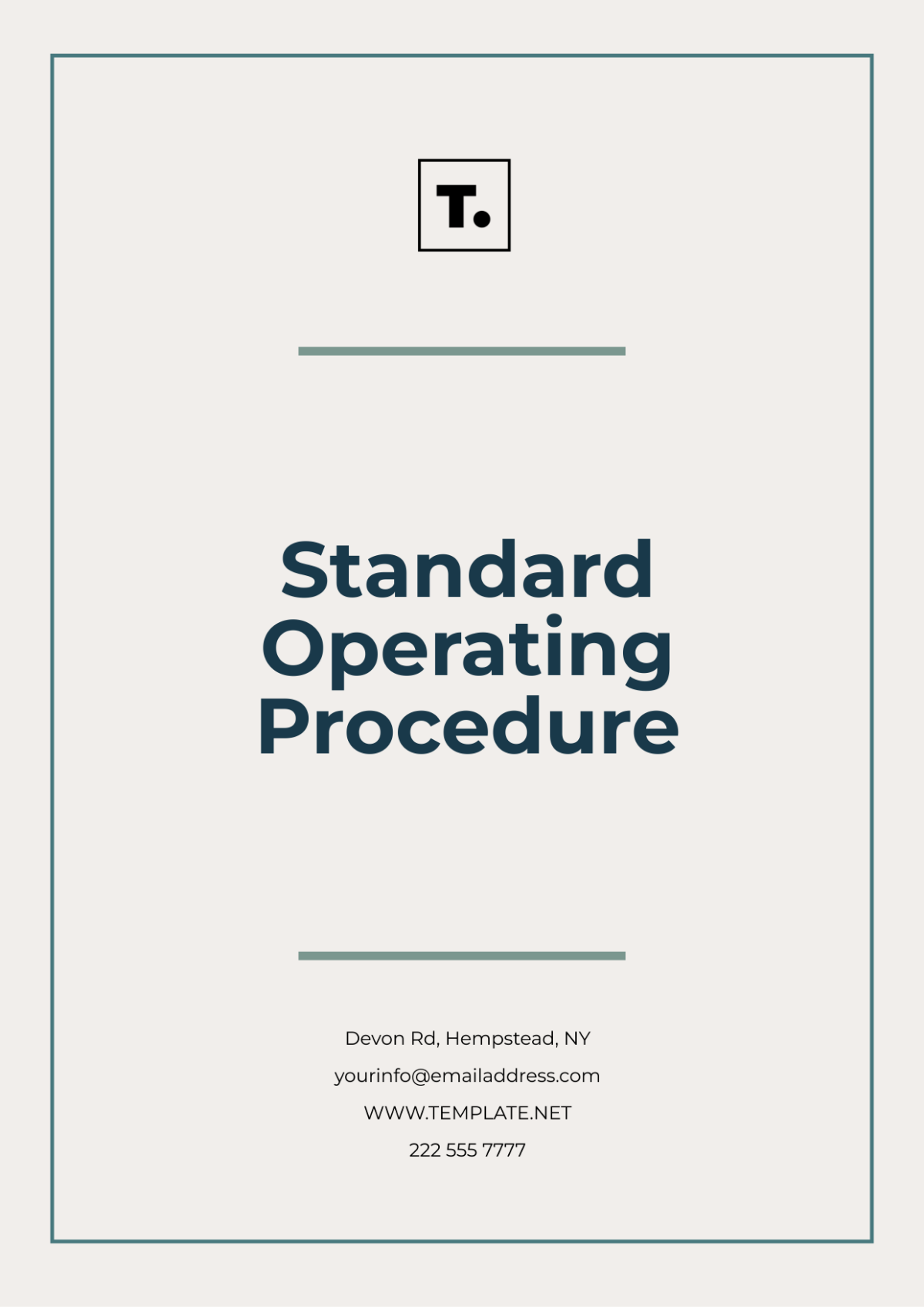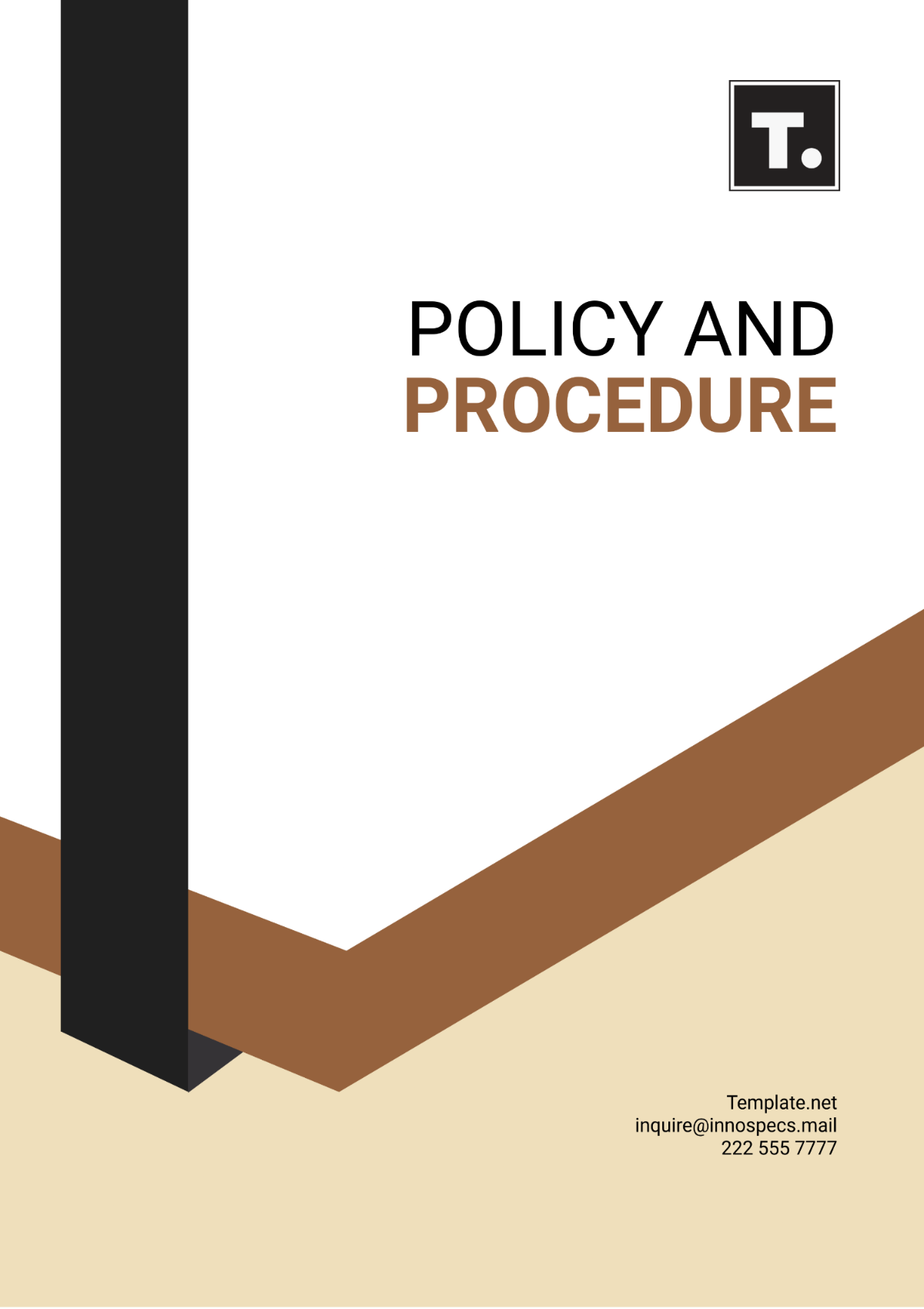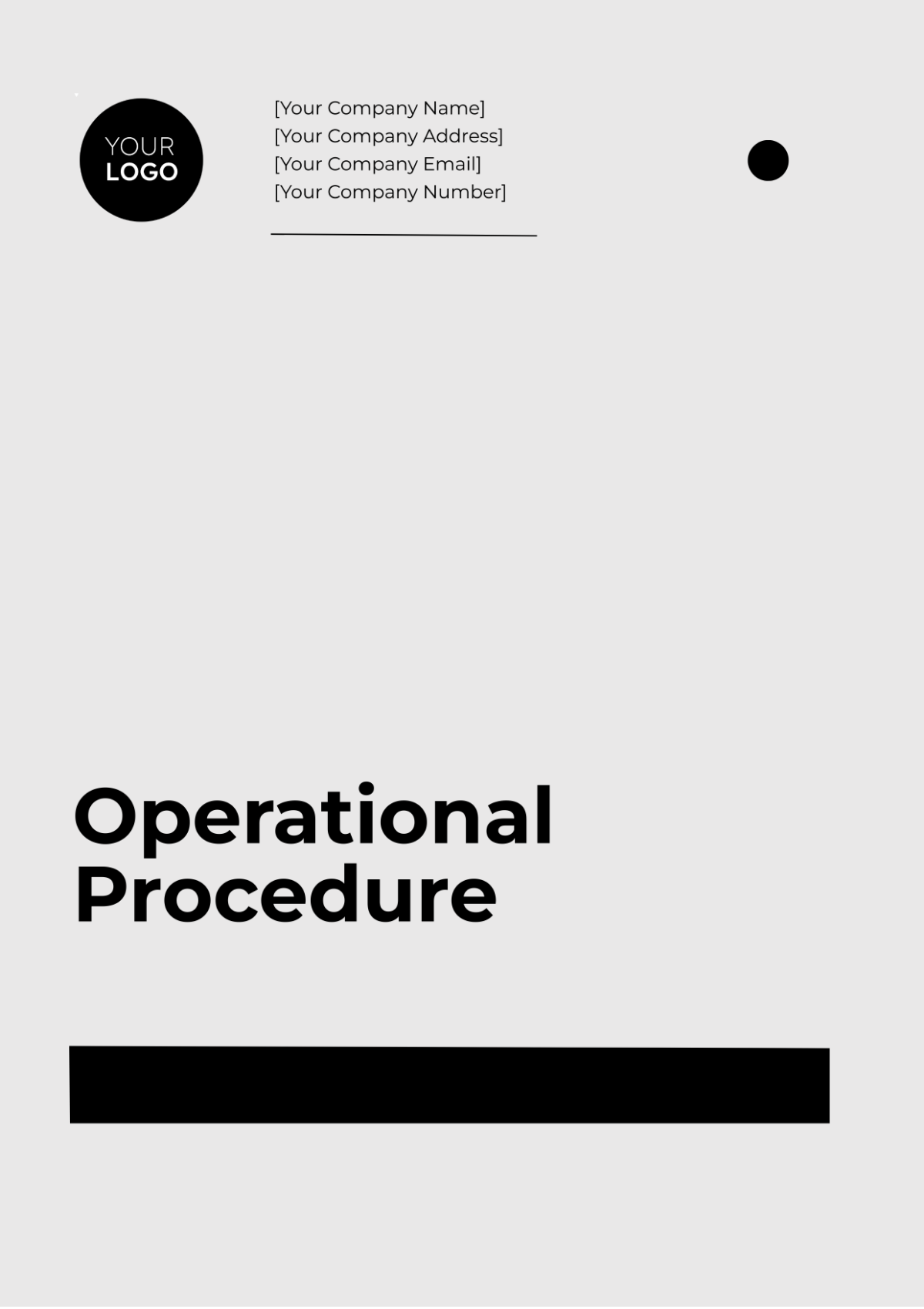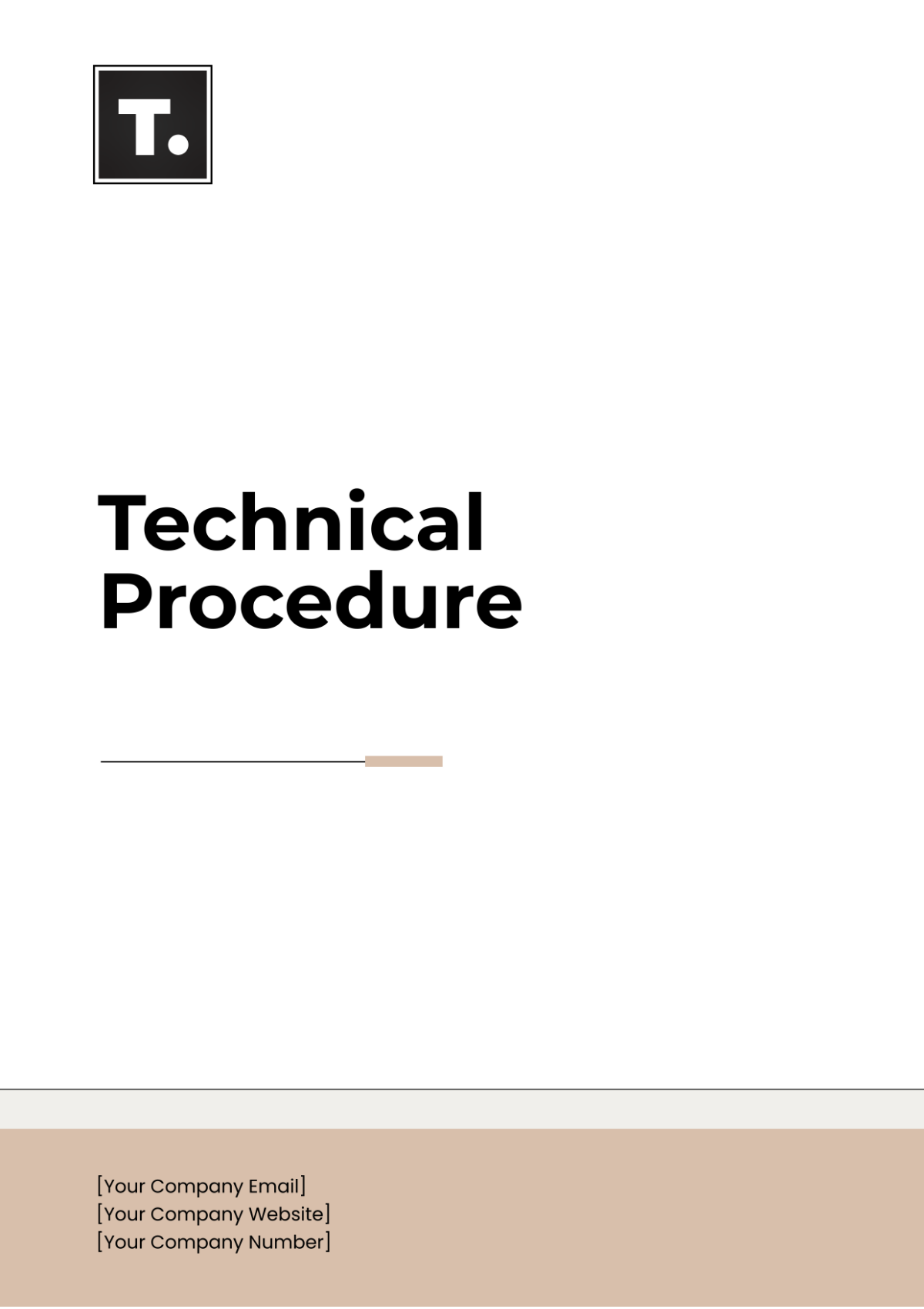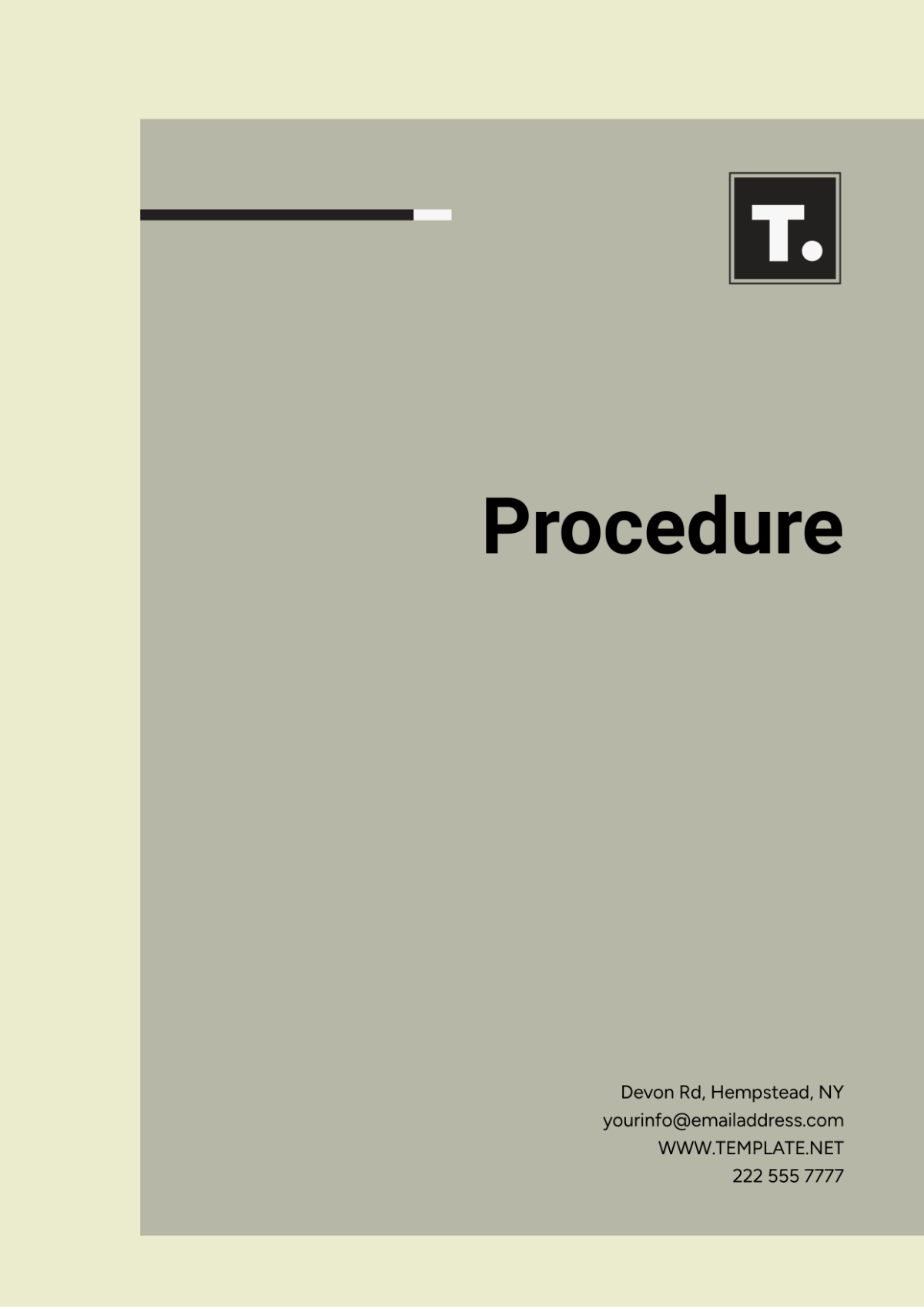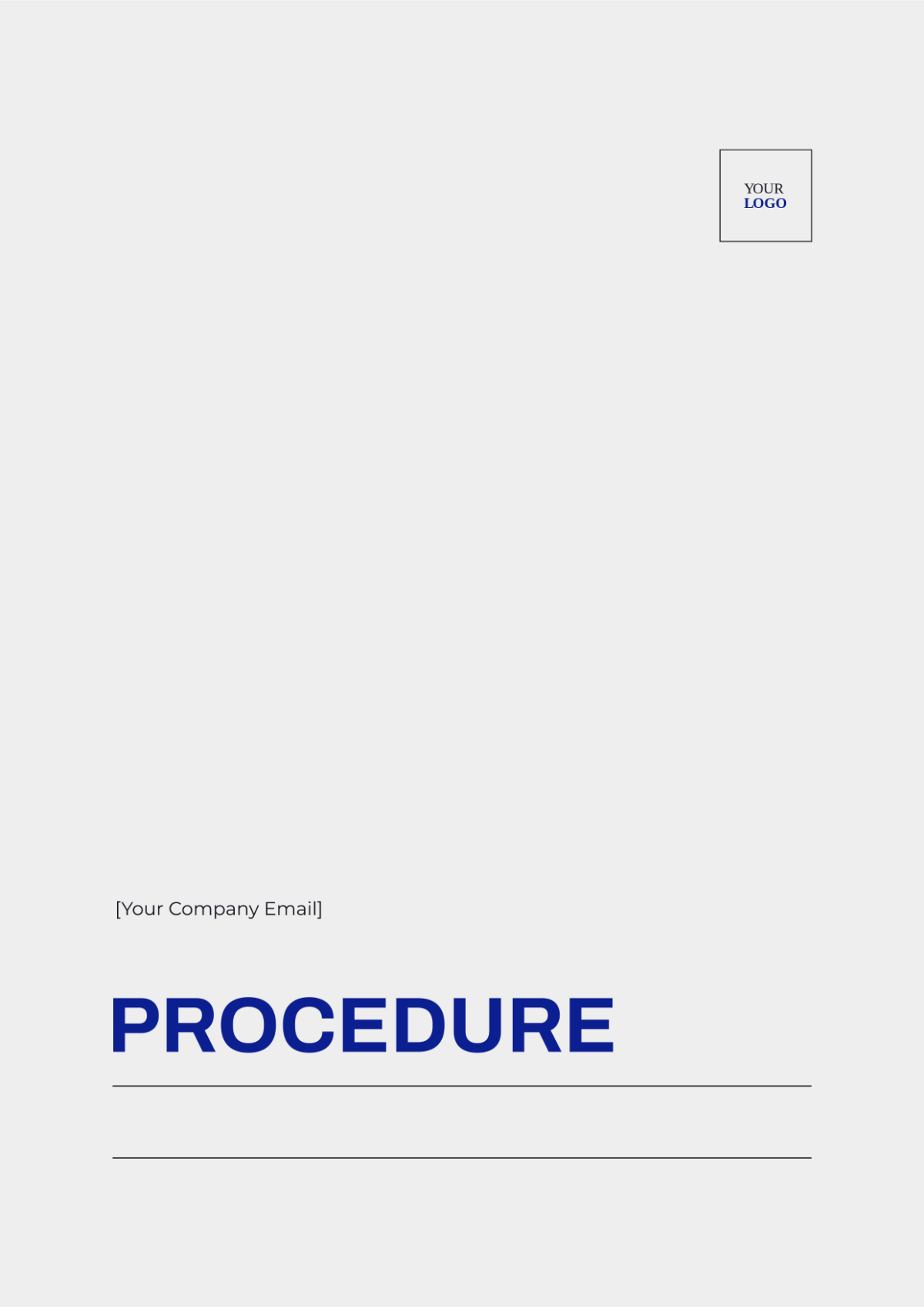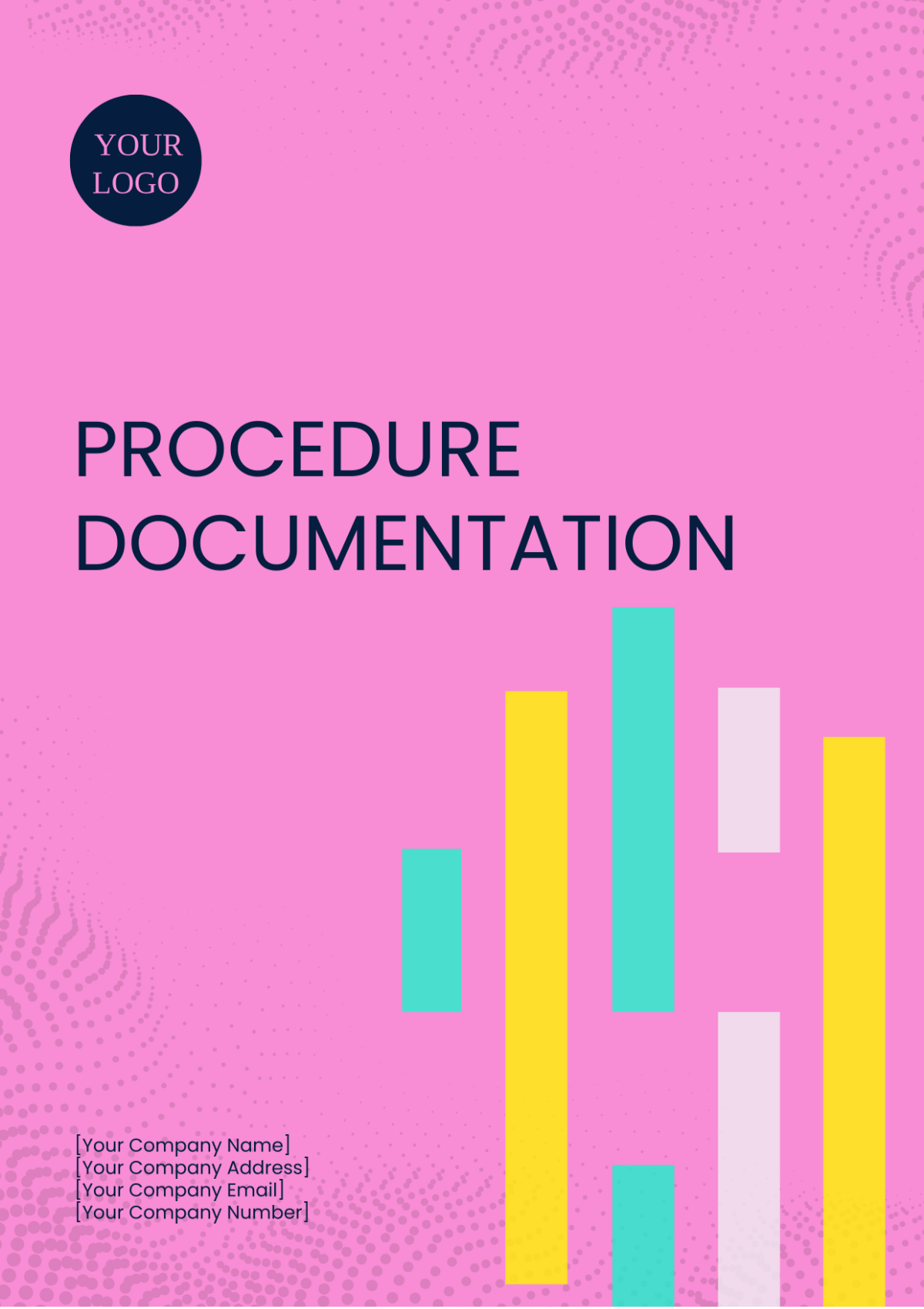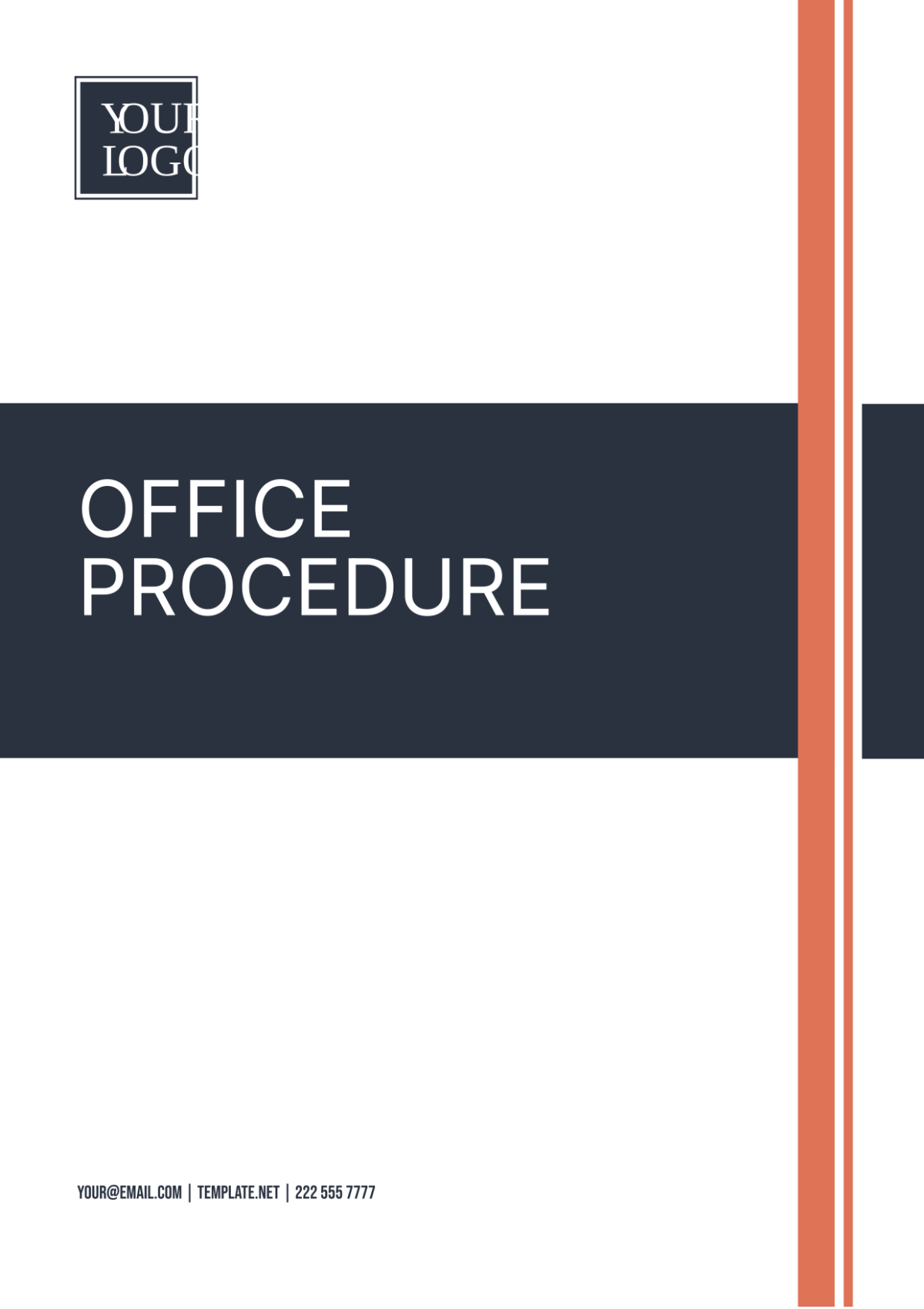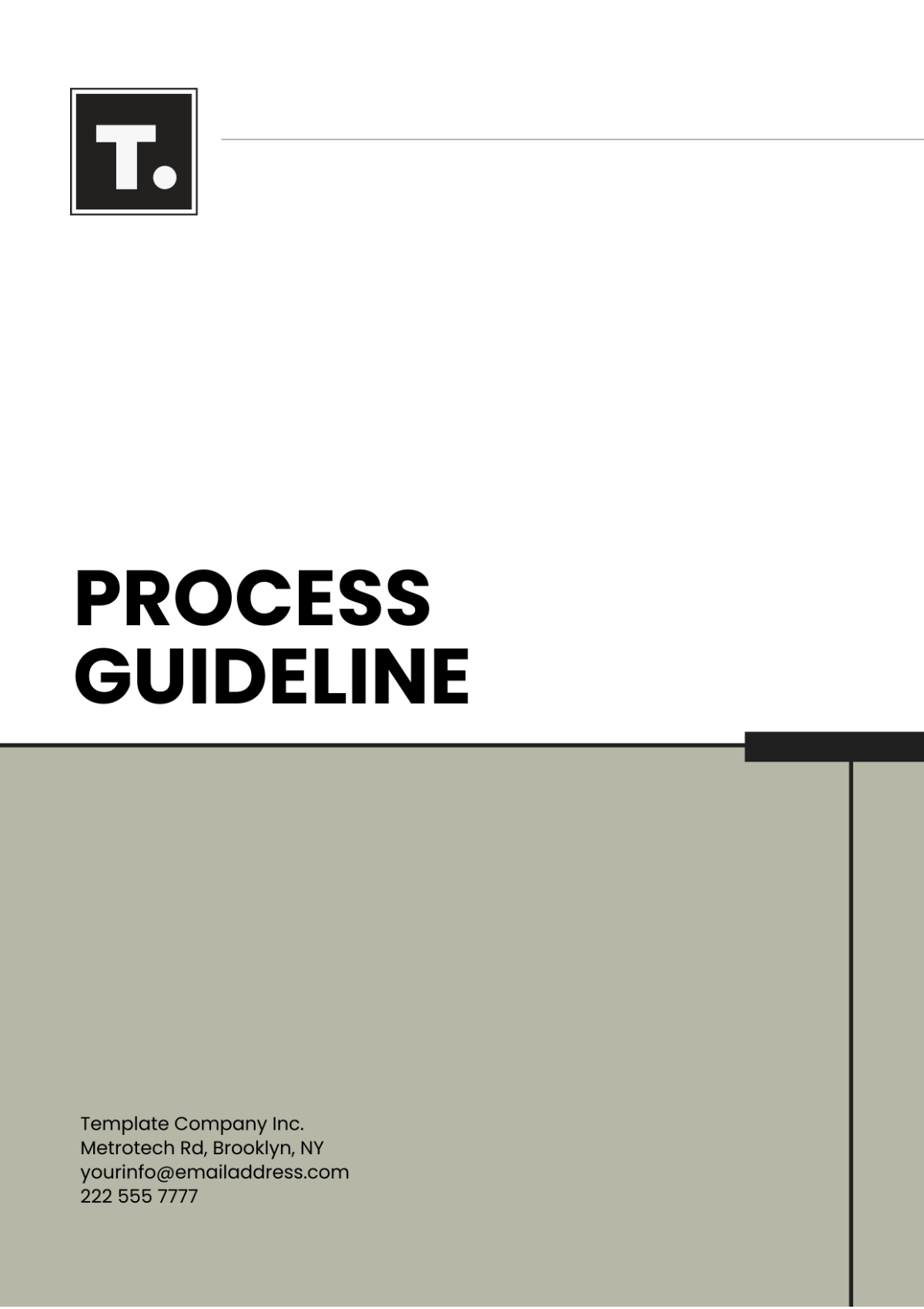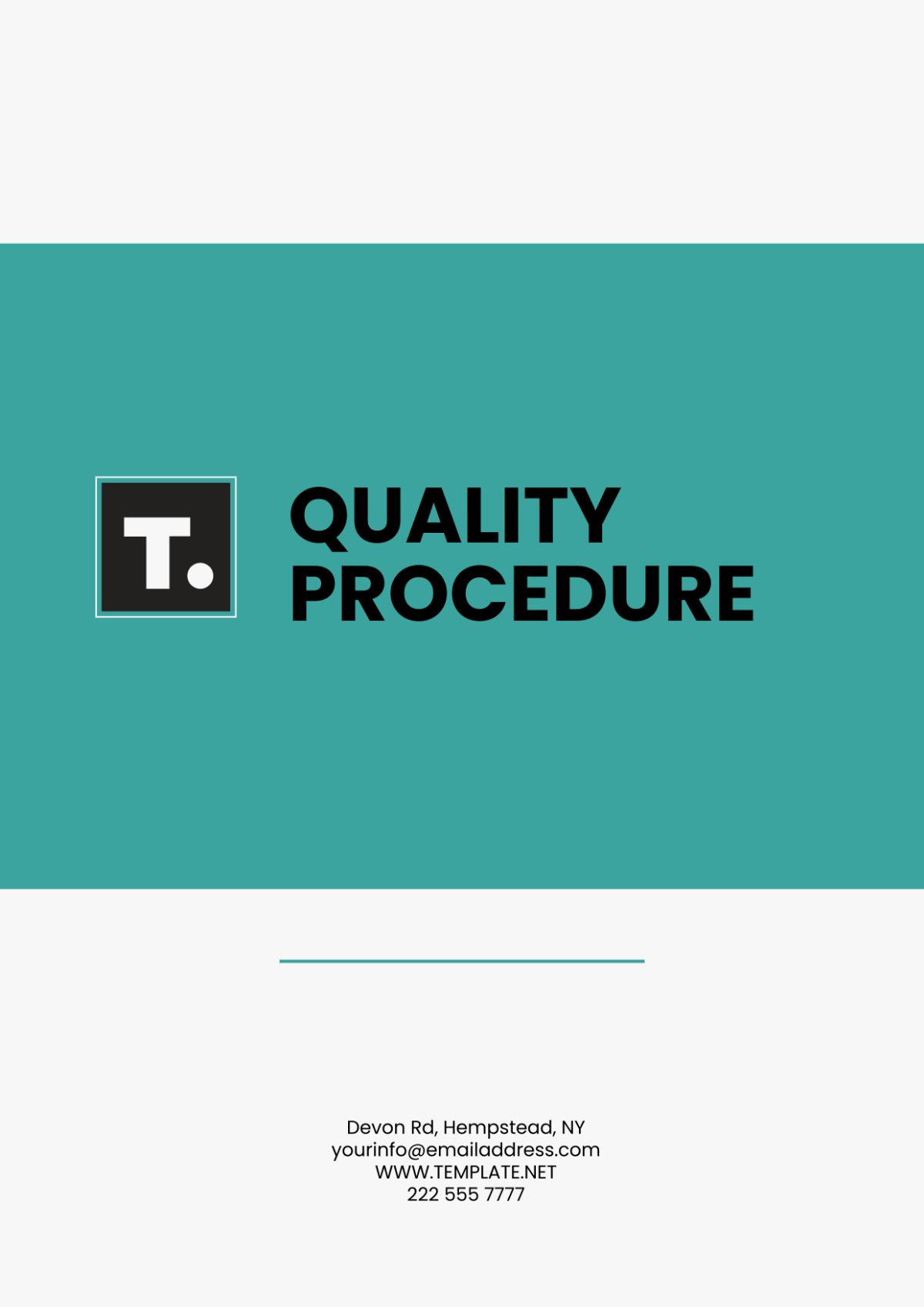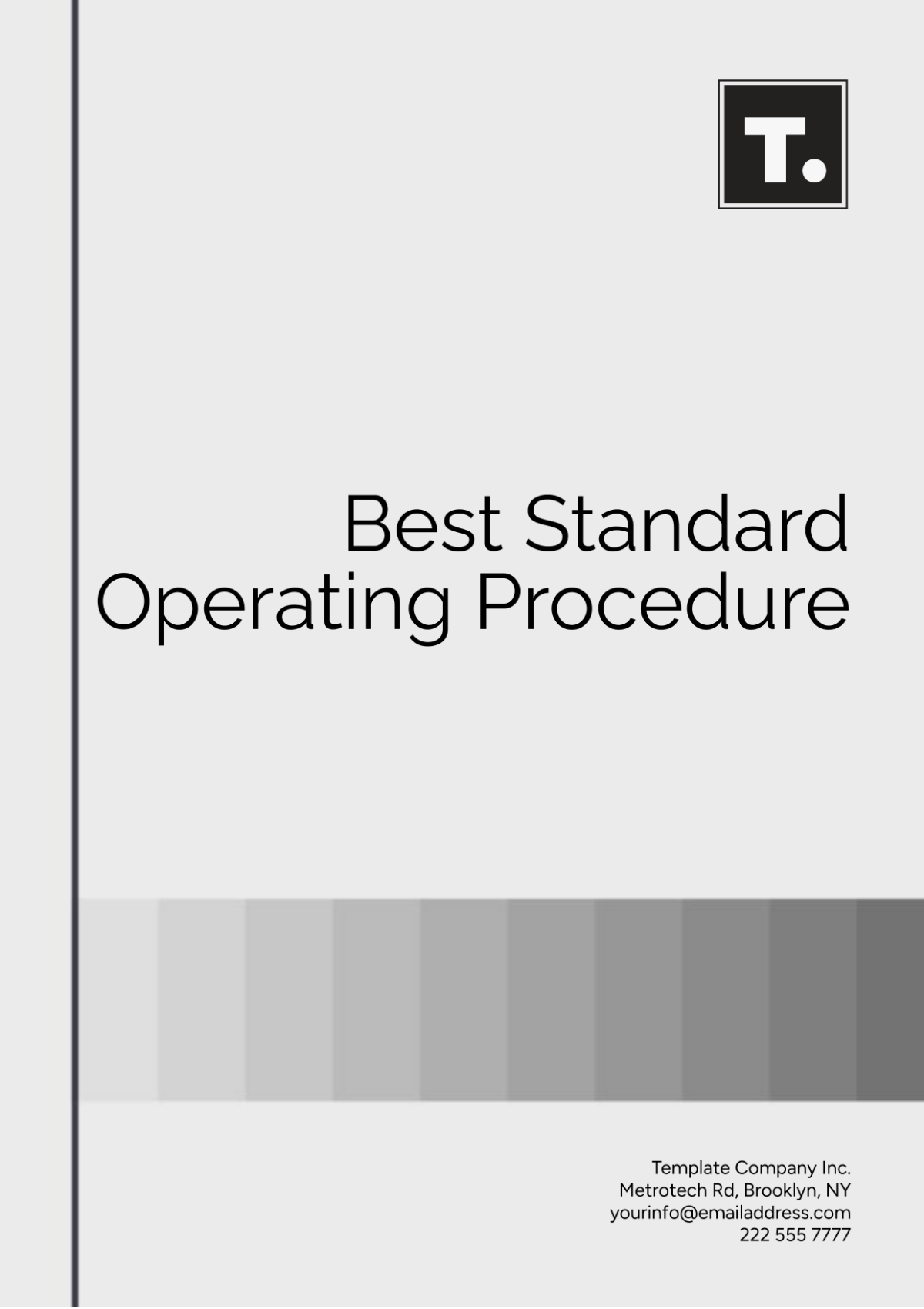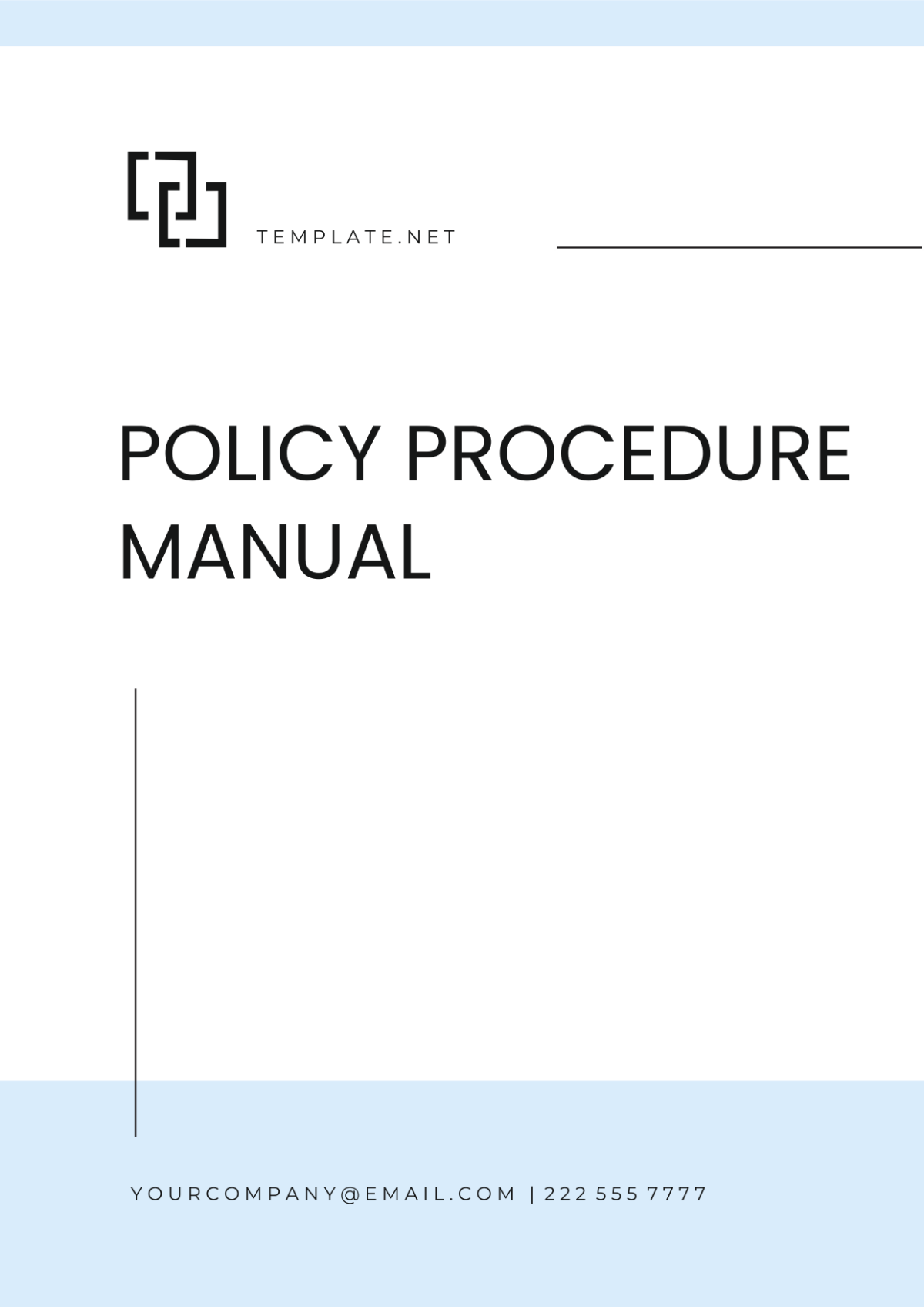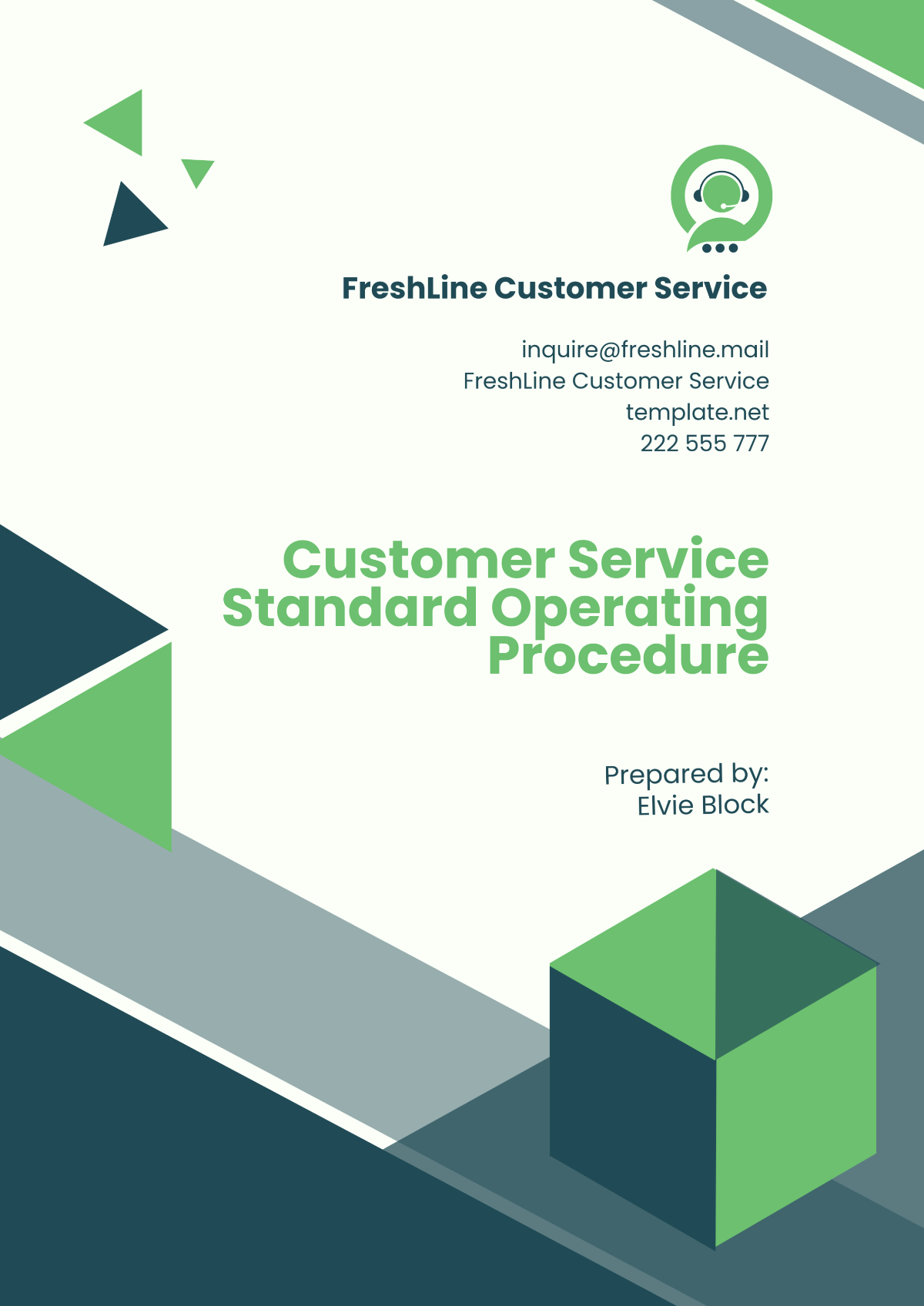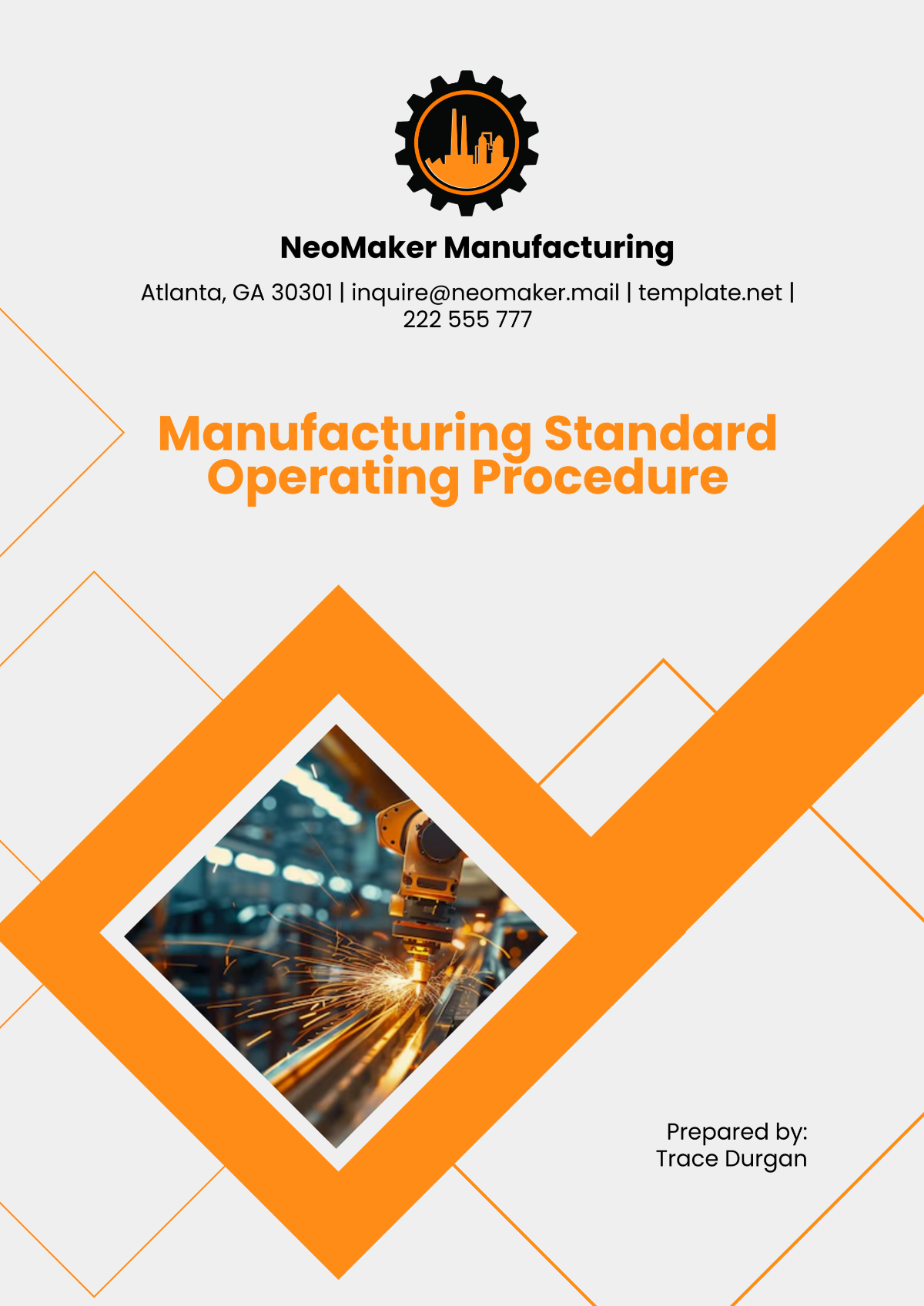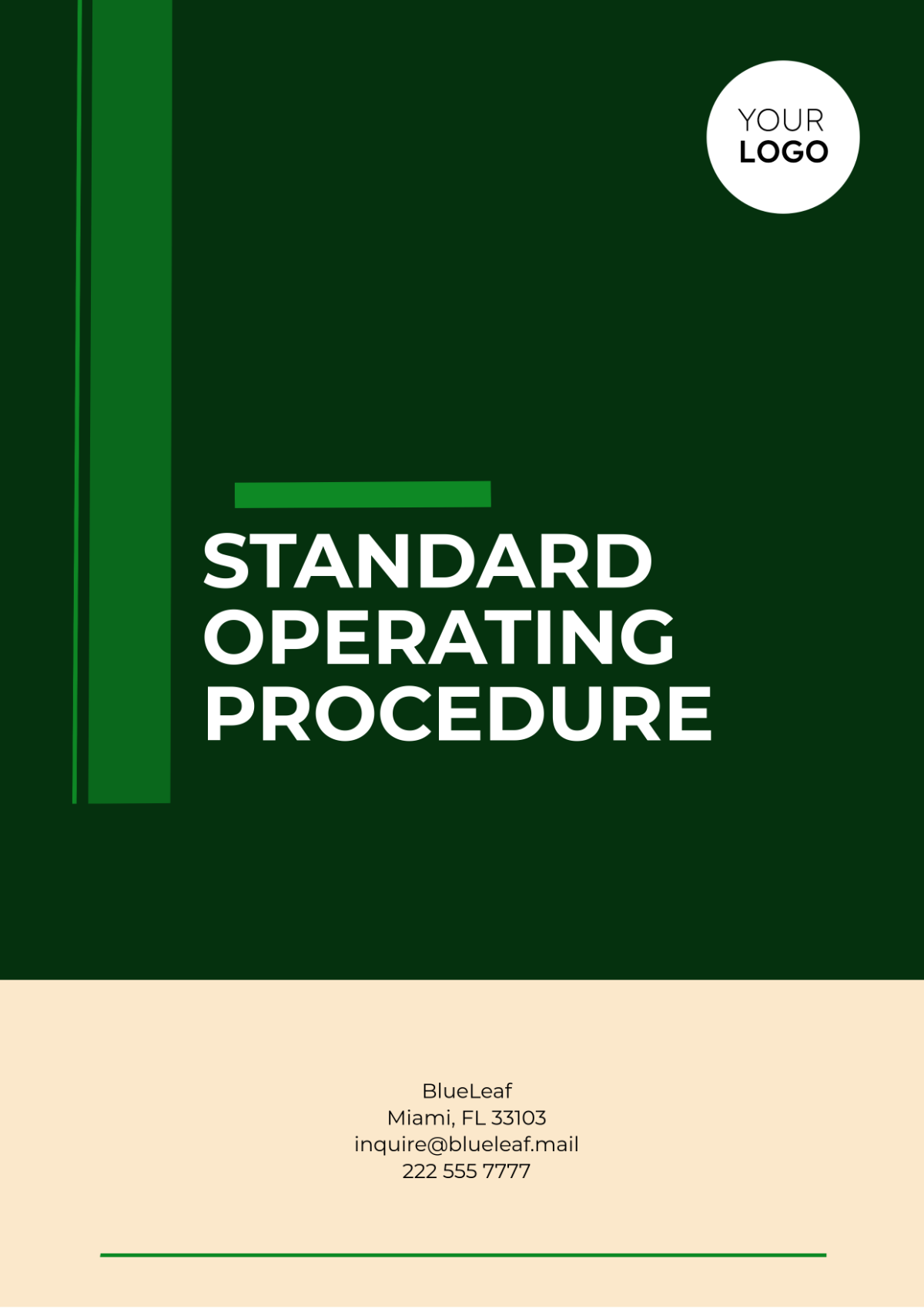Free Accounting Procedures Guide Template
Accounting Procedures Guide
TABLE OF CONTENTS
Introduction..............................................................................................................3
Scope of the Procedure..........................................................................................4
Procedure.................................................................................................................5
Financial Analysis and Decision Making................................................................6
Technology Integration...........................................................................................7
Training and Development.....................................................................................8
Additional Reminders and Tips..............................................................................9
Conclusion................................................................................................................10
Introduction
This guide is a valuable resource for accounting professionals, offering a detailed overview of the critical procedures involved in the execution of fundamental accounting tasks. It is specifically designed to provide a clear and systematic pathway for individuals in the field of accounting, ensuring that they can carry out their responsibilities with precision and proficiency.
Scope of the Procedure
The scope of this guide encompasses a detailed examination of the processes necessary for the generation of financial statements and reports. It begins with an examination of the steps required for the creation of accurate financial statements and reports. These documents serve as the backbone of financial analysis and decision-making for businesses, making their precise generation a crucial aspect of accounting practice.
This guide serves as an indispensable resource for accounting professionals by offering a comprehensive understanding of critical accounting procedures. By mastering the processes of financial statement generation, cash flow management, payroll processing, and regulatory compliance, professionals can enhance their expertise and contribute significantly to the financial well-being of their organizations.
Procedure
Before delving into the specific procedures outlined in this guide, it is imperative to understand the significance and purpose behind each step. The following procedures have been developed to streamline the accounting processes and ensure accuracy, compliance, and financial stability within the organization.
Creating Financial Statements and Reports:
Initiate this procedure by diligently gathering and systematizing all pertinent financial data. This phase involves the meticulous compilation and thorough analysis of the collected information to construct foundational accounting documents such as balance sheets, income statements, and cash flow statements. To ensure the integrity and relevance of financial records, it is imperative to conduct regular reviews and updates of these statements, thus maintaining their accuracy and current status.
Managing Cash Flow:
This aspect of the procedure entails a vigilant monitoring of the company's revenue streams and expenditures, a crucial step for effective cash flow management. It is essential to perform consistent reconciliations of the company's accounting books with bank statements, ensuring congruency and accuracy in financial records. This process aids in detecting discrepancies early and maintaining a robust financial health.
Processing Payroll:
Establish a consistent and predictable payroll processing schedule. This routine encompasses the calculation of employee wages, precise deduction of applicable taxes, and the timely remittance of these withholdings to relevant authorities. Moreover, it is critical to ensure the prompt issuance of paychecks and detailed pay stubs to employees, adhering to the established payroll schedule.
Maintaining Compliance with Regulations:
In this crucial step, it is vital to have a comprehensive understanding of and strict adherence to all pertinent local, regional, and national regulations governing accounting, taxation, and financial reporting. Regularly review and stay abreast of any changes in these regulations. Subsequently, adjust your accounting procedures to remain compliant, thereby mitigating the risk of legal repercussions and maintaining ethical financial practices.
These procedures are aimed at fostering a robust and transparent financial management system. It is crucial this process with diligence and precision, recognizing that each step is integral to the overall financial health and regulatory compliance of the company.
Financial Analysis and Decision Making
In-depth financial analysis forms the backbone of strategic decision-making within any organization. This section of the guide is dedicated to elaborating on various methodologies and techniques vital for the thorough analysis of financial statements and pertinent financial data. Key focus areas include:
Ratio Analysis:
Ratio analysis is a core component of financial analysis. It involves examining various financial ratios to gain insights into a company's financial health. Liquidity ratios, such as the current ratio and quick ratio, help assess a company's ability to meet short-term obligations. Profitability ratios, like the net profit margin and return on equity, measure a company's profitability and efficiency. Leverage ratios, including the debt-to-equity ratio, evaluate a company's leverage and financial risk. This analysis equips decision-makers with a nuanced understanding of a company's strengths and weaknesses, aiding in informed decision-making.
Trend Analysis:
Trend analysis is essential for identifying patterns and changes in financial data over time. By scrutinizing historical data, decision-makers can discern trends in revenue, expenses, and other financial metrics. Recognizing these trends is vital for making accurate forecasts and understanding the trajectory of a company's financial performance. It enables organizations to adapt their strategies to capitalize on growth opportunities and address potential challenges proactively.
Comparative Financial Statements:
Comparative financial statements involve the comparison of current financial data with data from previous periods or industry benchmarks. This analysis helps assess how a company's financial performance has evolved over time and how it stacks up against industry peers. Decision-makers can identify areas where the company has improved or declined and use this information to refine strategies and set realistic goals for the future.
Interpreting Analyses for Strategic Decisions:
Effective interpretation of financial analyses is crucial. Decision-makers must go beyond numbers and comprehend the implications of these findings for the organization. For instance, a declining profitability ratio may signal inefficiencies that require corrective action, while a positive trend in liquidity ratios may indicate a strong financial position. Understanding these nuances empowers decision-makers to make strategic choices that align with the company's objectives and ensure its financial well-being.
Routine Financial Reviews:
Routine financial reviews are an ongoing process of assessing financial performance. These reviews serve as a dynamic tool for short-term and long-term planning. By consistently monitoring financial data, organizations can detect early warning signs, adjust budgets, and make necessary course corrections. This proactive approach enhances financial forecasting accuracy and enables the company to adapt swiftly to changing market conditions, ultimately contributing to its sustained success.
The goal of this section is to equip those involved in financial management with the knowledge and tools necessary to make informed, data-driven decisions that align with the organization's overall strategic objectives. Encourage the adoption of these analytical practices as a regular part of the financial planning and review cycle.
Technology Integration
The strategic integration of technology into accounting practices is not just advantageous but essential. This section addresses the pivotal role of technology in augmenting the efficiency, precision, and regulatory compliance of accounting functions.
Selection and Utilization of Advanced Accounting Software:
The careful selection and effective utilization of cutting-edge accounting software are imperative for organizations. This segment accentuates the critical importance of choosing accounting software that aligns seamlessly with the unique requirements of your organization. Delving into the substantial advantages offered by advanced features, such as automated processes that reduce manual workload, real-time financial reporting that enables prompt decision-making, and secure data management that safeguards confidential financial information. By choosing the right software and harnessing its capabilities, organizations can gain a competitive edge in the realm of financial management.
Application of Data Analytics in Financial Management:
Data analytics is a transformative force in financial management, enabling organizations to extract deeper insights from their financial data. This segment elucidates the pivotal role of data analytics in facilitating more informed and strategic decision-making. It covers essential aspects of data analysis tools and methodologies, with a particular focus on their application in financial forecasting and trend identification. By taking advantage of data analytics, organizations can uncover valuable patterns and trends within their financial data, enabling them to make well-informed decisions that drive financial success.
Cybersecurity and Data Protection Measures:
Safeguarding confidential financial information is of paramount importance. This segment underscores the criticality of cybersecurity and data protection measures. It provides guidelines for implementing rigorous security protocols, including encryption, access controls, and intrusion detection systems. Additionally, it emphasizes the importance of consistent data backups and compliance with data protection laws to ensure the integrity and security of financial data. By prioritizing cybersecurity, organizations can fortify their defenses against potential threats and protect their financial assets.
Enhancing Technological Proficiency through Training:
Continuous training is essential for boosting the technological proficiency of the accounting team. This segment offers recommendations for ongoing training programs aimed at keeping the team up-to-date with the latest developments in accounting technology and software advancements. It emphasizes the need for professionals to stay abreast of evolving software features and functionalities. By investing in the technological prowess of the accounting team, organizations can ensure that their staff remains well-equipped to leverage the full potential of advanced accounting tools and systems.
Optimizing Accounting Processes through Automation:
Automation is a game-changer in the realm of accounting, offering numerous benefits in streamlining routine and labor-intensive tasks. This segment highlights the advantages of automation in areas such as transaction processing, payroll management, and account reconciliations. It also underscores how automation enhances accuracy and operational efficiency. By embracing automation, organizations can reduce manual errors, free up valuable human resources for more strategic tasks, and elevate the overall efficiency of their accounting processes, ultimately contributing to financial excellence.
This section aims to ensure that your accounting team is not only proficient in traditional accounting practices but is also adept at utilizing modern technological tools and resources to stay competitive and efficient in today’s digital age.
Training and Development
This section of the guide presents a structured approach for fostering an environment of ongoing education and skill enhancement within the accounting team.
Ongoing Training Programs:
To foster a culture of growth and excellence, it is essential to establish a well-structured schedule of ongoing training sessions. These sessions should encompass a wide spectrum of content, ranging from foundational accounting principles to the latest emerging trends in the field. The diversity of learning styles and schedules among team members should be taken into account, offering a blend of in-house training sessions, external workshops, and accessible online courses. By accommodating diverse learning preferences, the team can continuously expand their knowledge and skills, ensuring they remain at the forefront of the accounting profession.
Staying Abreast of Changes:
Emphasize the importance of keeping up-to-date with the latest accounting standards, technological advancements, and regulatory changes. Regularly scheduled updates or briefings on these changes should be integrated into the training program. This practice ensures that the accounting team remains well-informed, adaptable, and compliant with the dynamic requirements of their profession.
Professional Development Opportunities:
Encourage participation in professional development courses, workshops, and certification programs relevant to accounting. Creating an organizational culture that not only supports but also rewards the pursuit of additional qualifications and expertise is essential. By doing so, the accounting team is motivated to continuously enhance their skills and competencies, contributing to their personal growth and the overall success of the organization.
Fostering a Culture of Knowledge Sharing:
Promote a culture where knowledge sharing is routine. Team members should be encouraged to regularly share insights gained from recent trainings or updates from the ever-changing accounting landscape during department meetings. Additionally, implementing a mentorship program, where experienced accountants guide and support less experienced team members, can further enhance the transfer of knowledge and expertise within the team. This collaborative approach fosters a dynamic learning environment, enabling team members to learn from one another's experiences and expertise.
Adapting to the Financial Process:
It is crucial to emphasize the importance of adapting skills to meet the challenges of financial management effectively. This includes providing training in new accounting software, data analysis techniques, and compliance regulations. By equipping the accounting team with the necessary skills and knowledge to navigate these changes, the organization can maintain its competitive edge and ensure efficient financial management.
This approach to training and development within the accounting team not only reinforces their professional competence but also fosters a culture of continuous improvement and adaptability. By investing in ongoing education, staying updated with industry changes, encouraging professional development, and promoting knowledge sharing, organizations can ensure that their accounting team remains a valuable asset capable of meeting the demands of our clients.
Training Schedule:
Date | Training Focus | Format |
|---|---|---|
[Month Day, Year] | Update on Tax Regulations | Webinar |
The goal of this schedule is to create a robust framework for continuous learning and skill enhancement, thereby ensuring that the accounting team remains agile, informed, and capable of overcoming the complexities of financial management.
Additional Reminders and Tips
In this section, we offer a series of essential reminders and tips to elevate the standard of financial management within your organization. These guidelines are designed to foster a meticulous approach to financial stewardship, ensuring precision, compliance, and the safeguarding of financial well-being.
Accuracy and Timeliness in Accounting Processes:
The cornerstone of effective financial management rests upon the twin pillars of accuracy and timeliness. The unwavering commitment to these principles is paramount, serving as a bulwark against legal penalties and bolstering the overall financial health of your company. Meticulous attention to detail and the strict adherence to deadlines are non-negotiable prerequisites. Regular review and updates of accounting procedures are indispensable in maintaining the highest standards of precision and efficiency, further fortifying the financial underpinning of your organization.
Selecting Suitable Accounting Software:
The strategic selection of robust and dependable accounting software is a decision of profound significance. It must align seamlessly with the unique scale and industry-specific requirements of your company. The chosen software should not merely facilitate operational efficiency but also provide a foundation for accurate financial reporting and compliance with rigorous accounting standards. Periodic evaluations of the software's performance are indispensable, allowing for timely upgrades or adjustments to accommodate the evolving demands of your business. By doing so, you ensure that your technological infrastructure remains a steadfast companion on your financial journey.
Consulting with Accounting Experts:
In instances where financial tasks entail heightened complexity or demand specialized expertise, the prudent course of action is to consider engaging a seasoned accounting professional or consultant. Their invaluable insights and profound expertise serve as a compass for navigating intricate financial terrain, ensuring unwavering compliance with the regulations, and fostering the capacity to make judicious financial decisions. Leveraging their knowledge can be important in maintaining the highest standards of financial dexterity and resilience within your organization.
Strengthening Internal Controls:
It is imperative to consistently fortify robust internal control mechanisms within your organization. These measures are designed to serve as a protective shield against potential threats such as fraud, embezzlement, or financial mismanagement. This strategy entails the formulation of clear and unambiguous policies, the systematic conduct of regular audits, and the meticulous enforcement of the segregation of duties among employees. A resilient internal control system is indispensable in upholding the highest standards of financial integrity and fostering an environment of unwavering trust within your organization.
The additional reminders and tips presented in this section serve as a guide of essential principles and practices for achieving optimal financial management. By prioritizing accuracy, leveraging suitable accounting software, seeking expert guidance when needed, and fortifying internal controls, organizations can pave the way for financial excellence, compliance, and long-term stability.
Conclusion
This guide serves as a roadmap for navigating the complexities of accounting practices. From the fundamental steps of creating financial statements to the advanced concepts of financial analysis and decision-making, it offers a structured approach to managing your organization's financial health. By adhering to these guidelines and embracing a culture of diligence, precision, and professional growth, your accounting team will be well-equipped to contribute significantly to the organization's success and sustainability.
